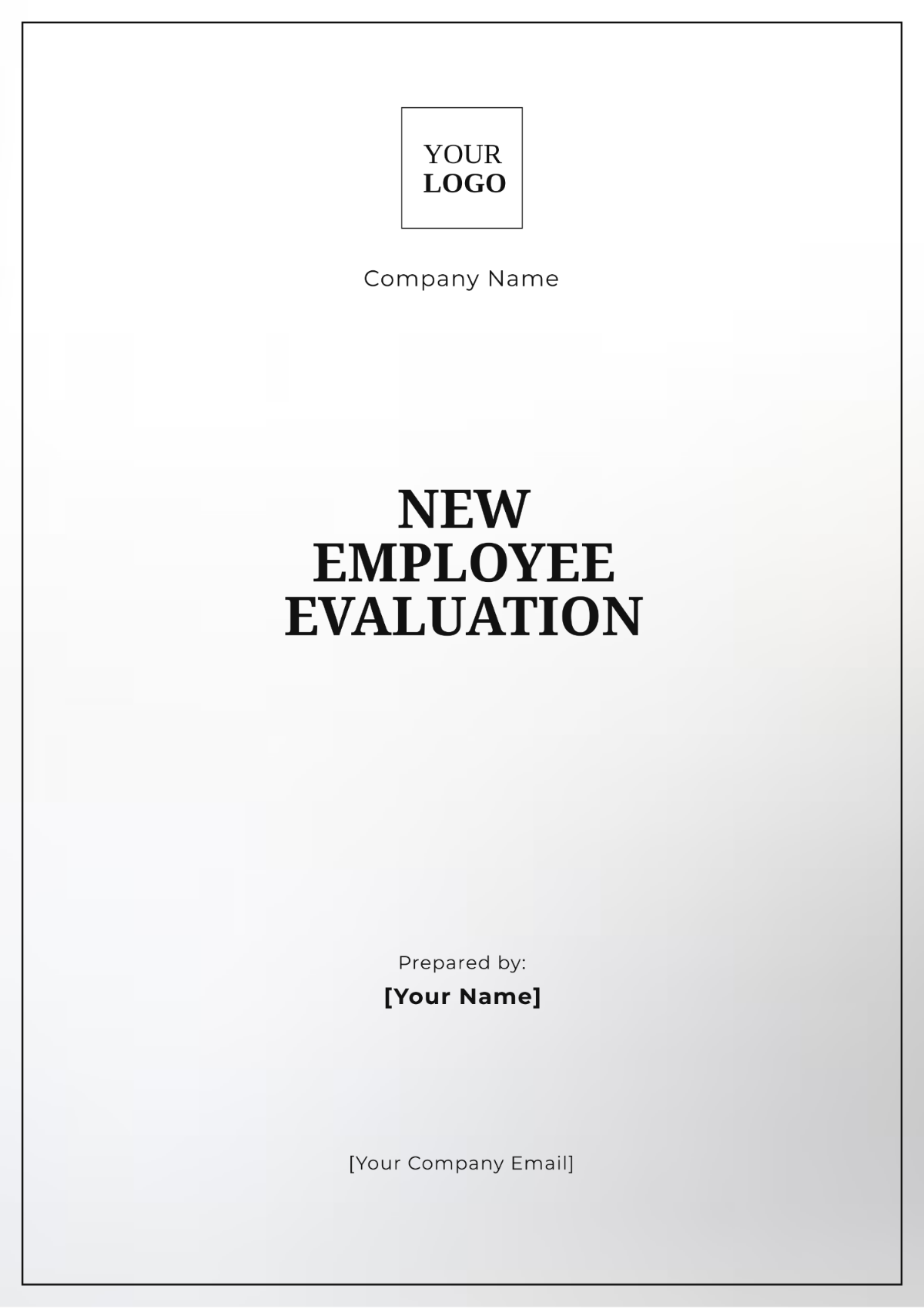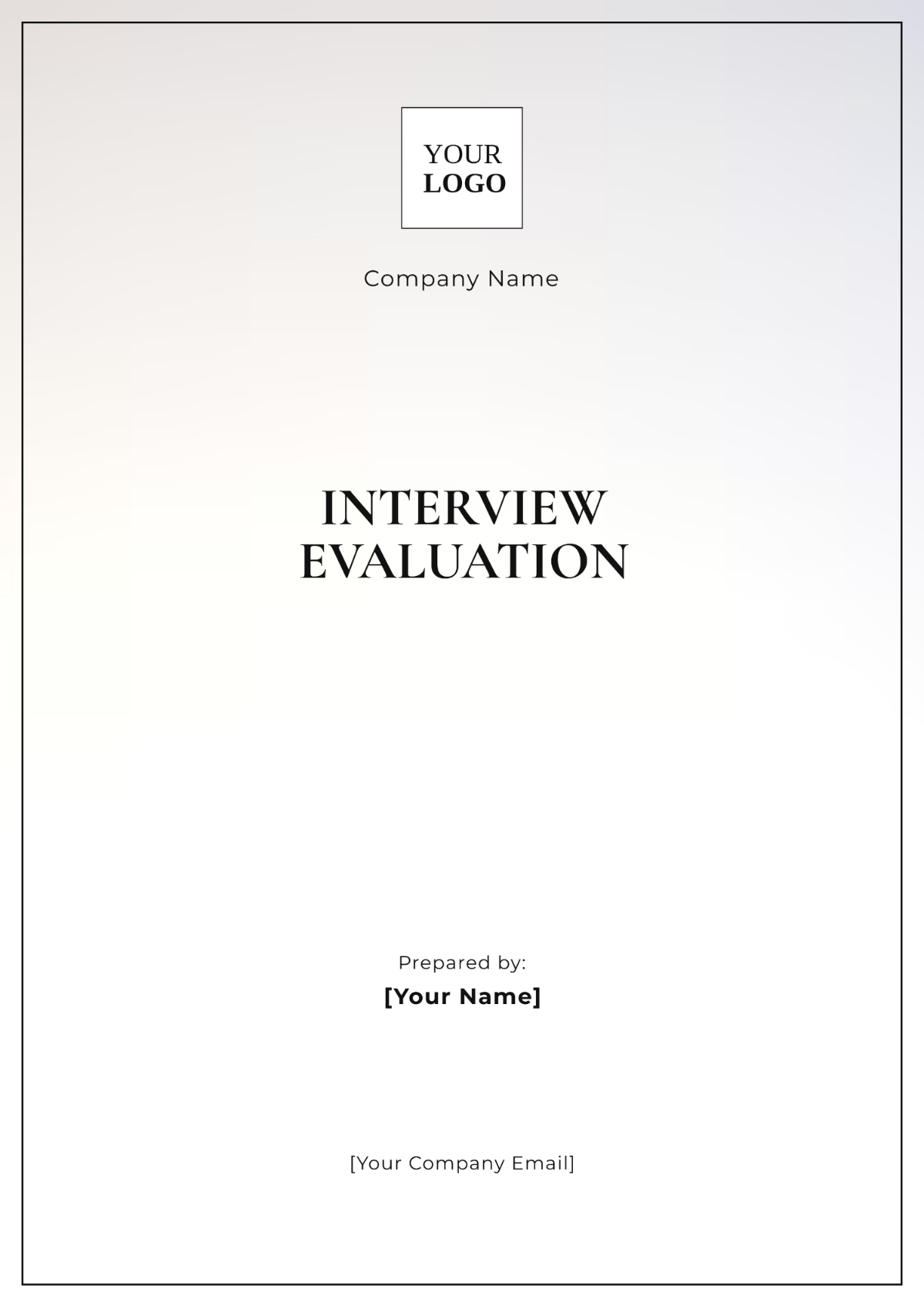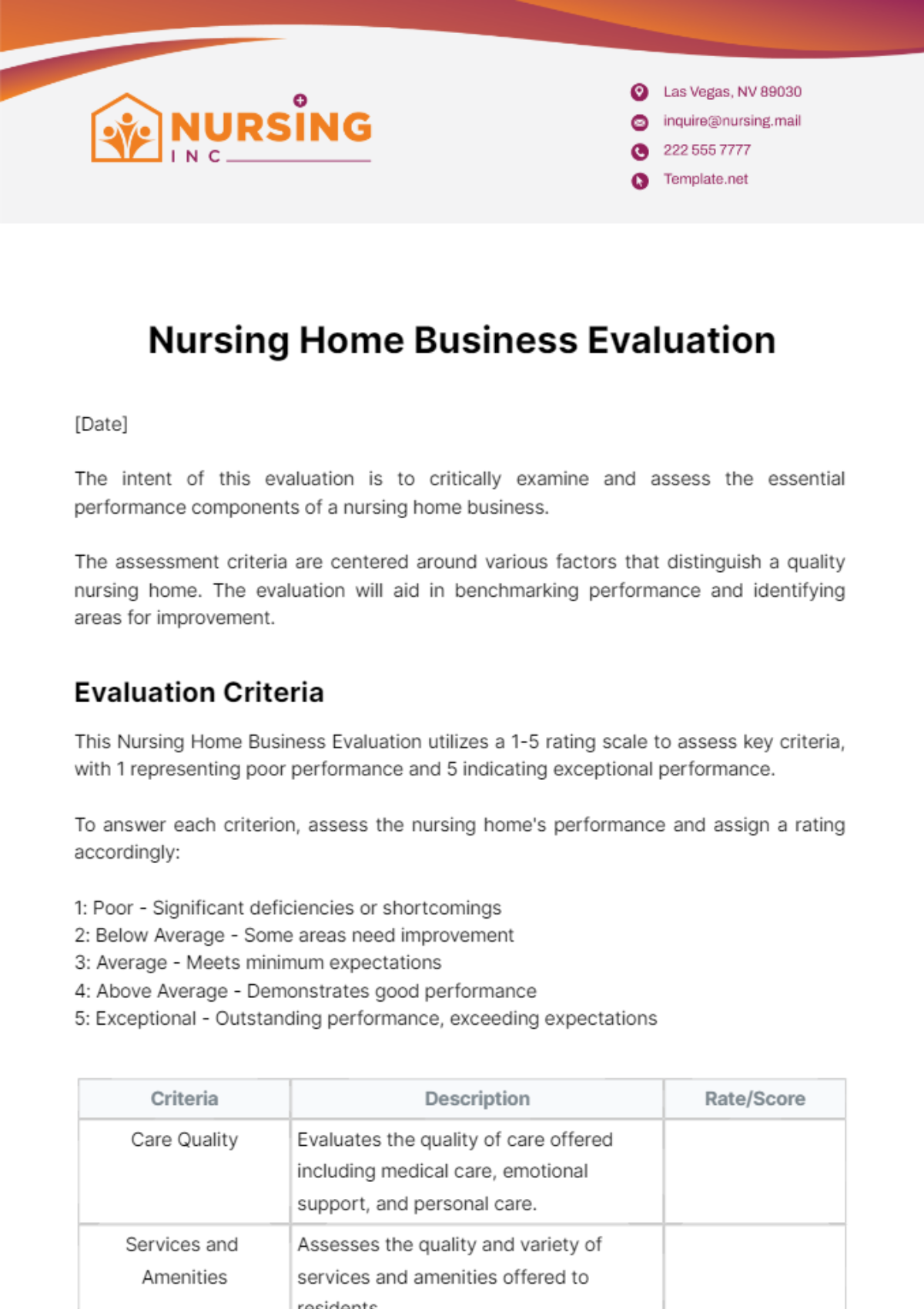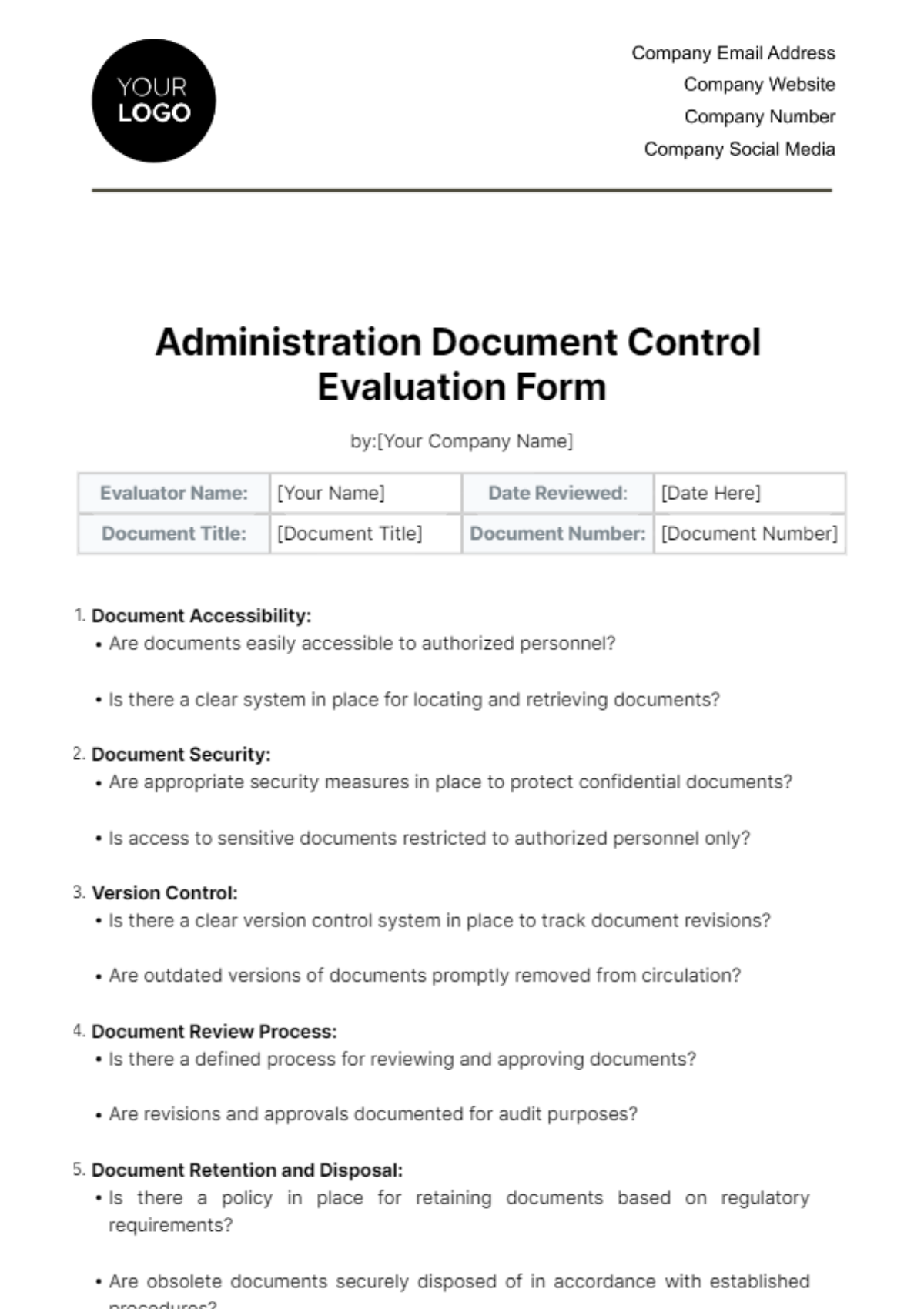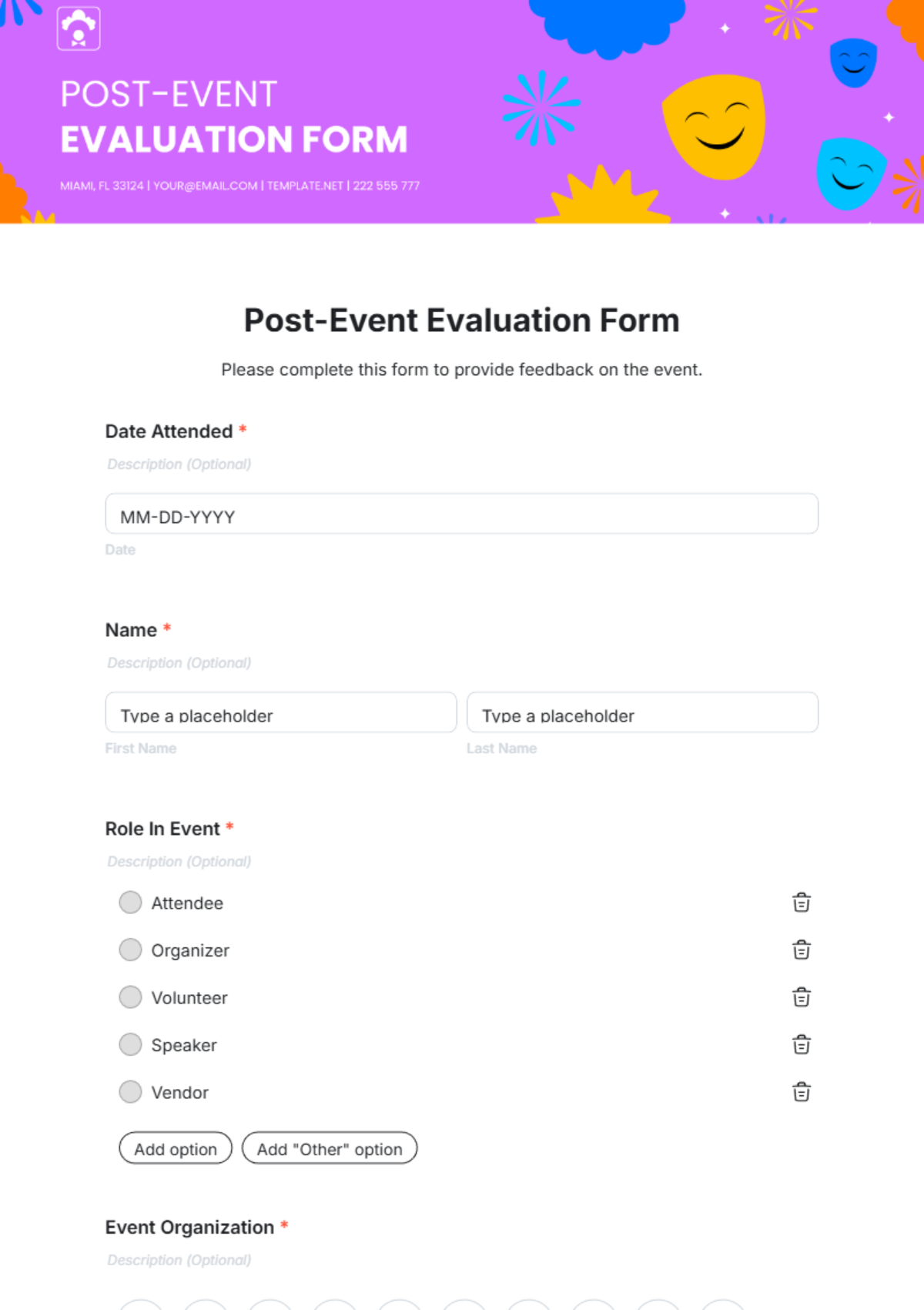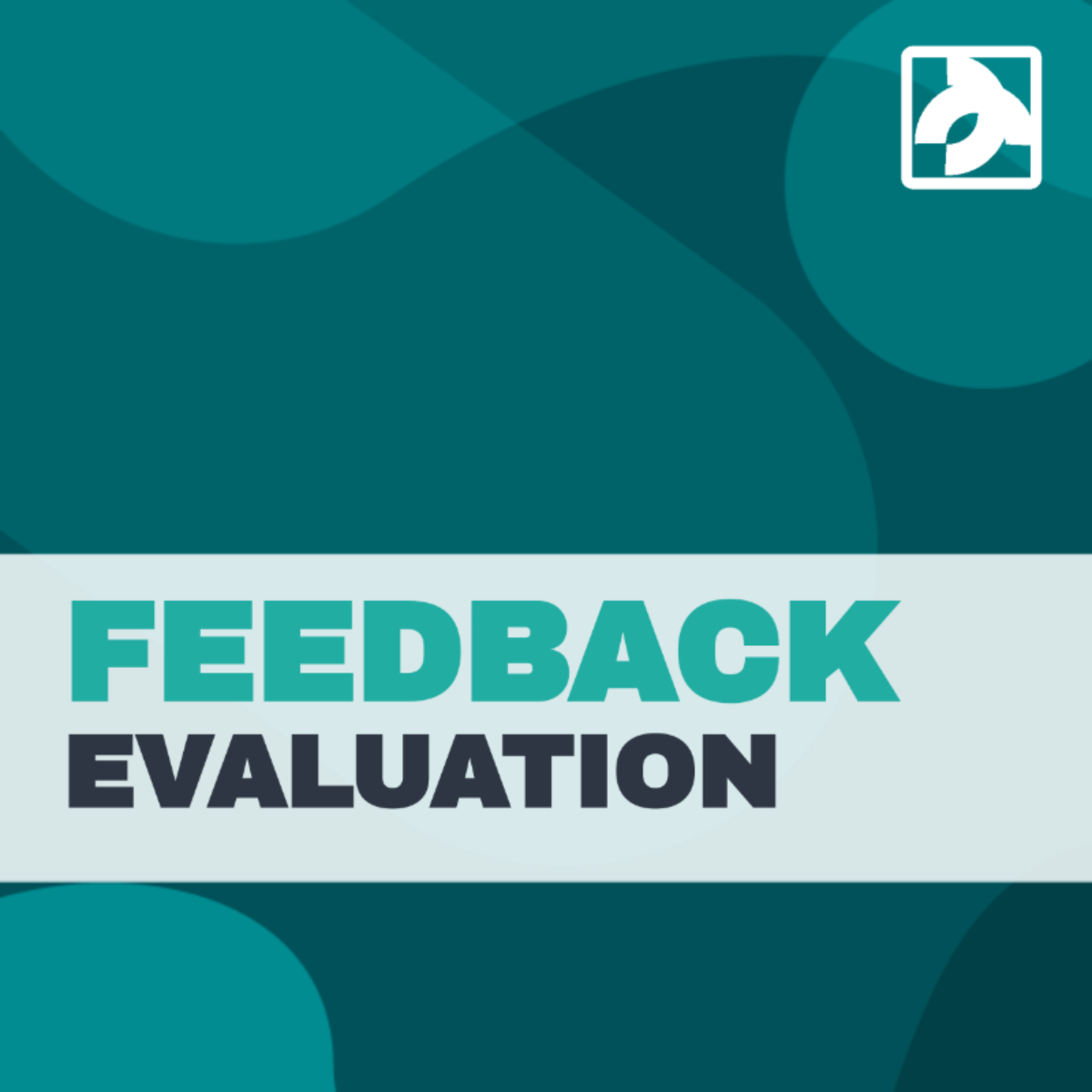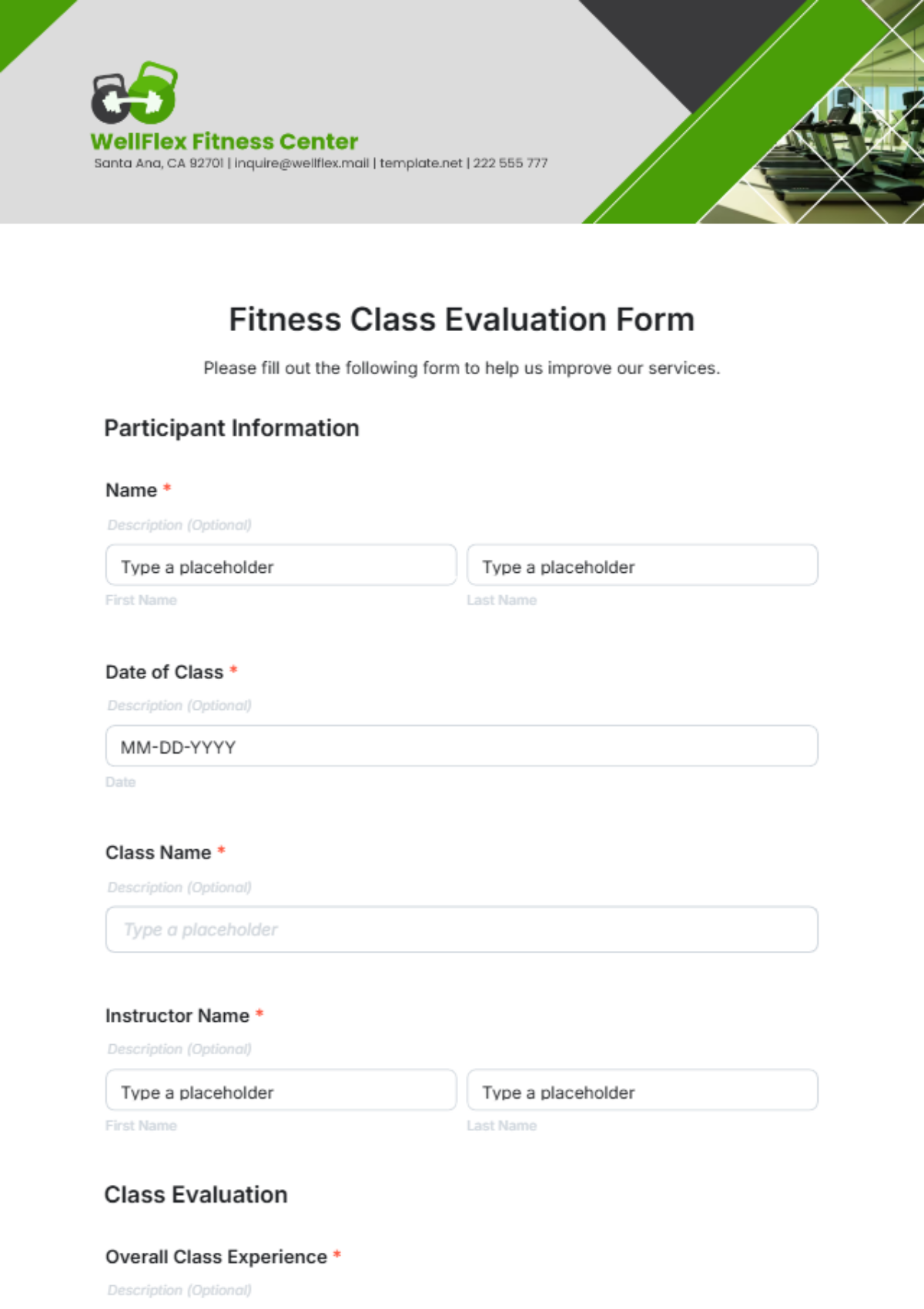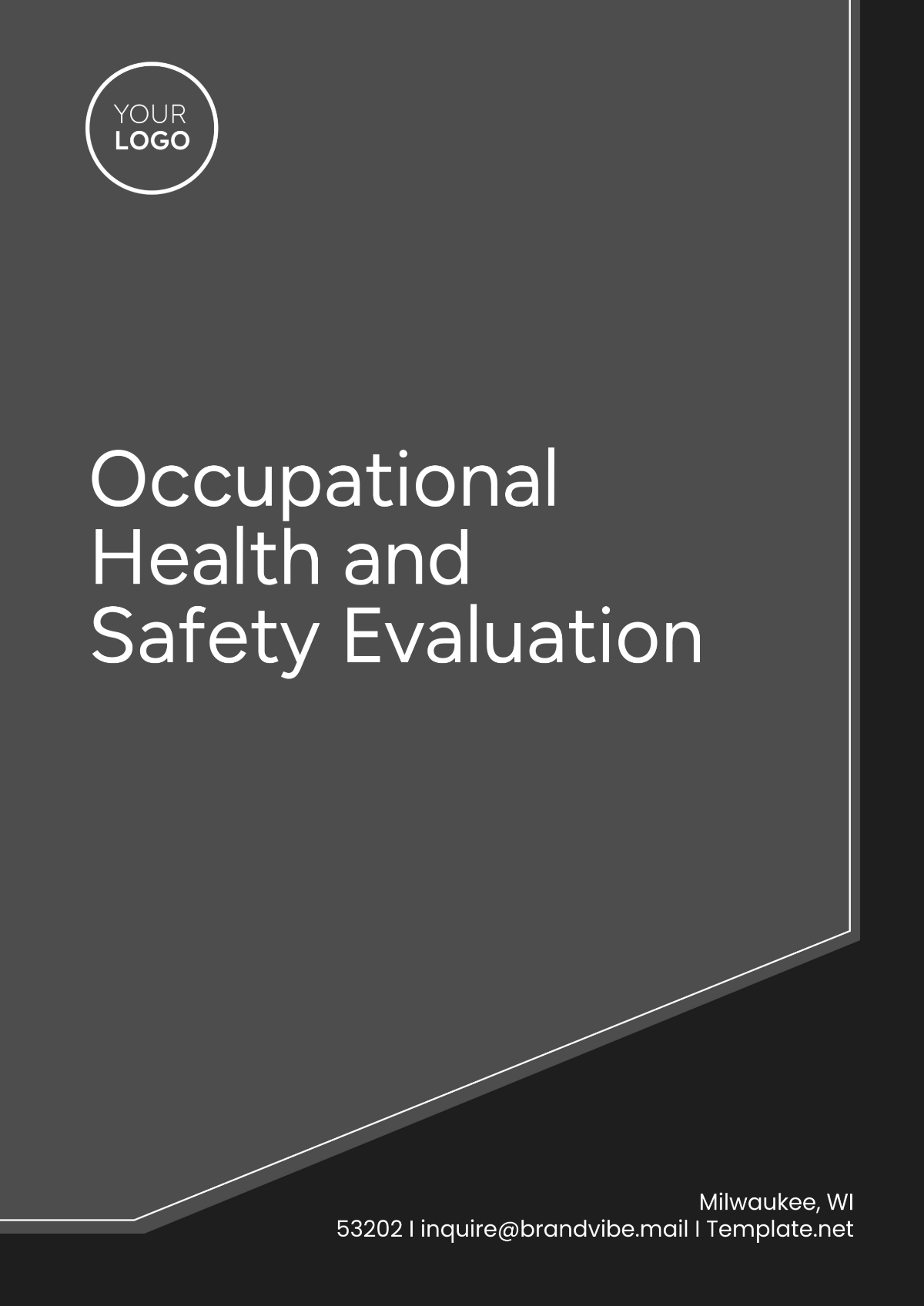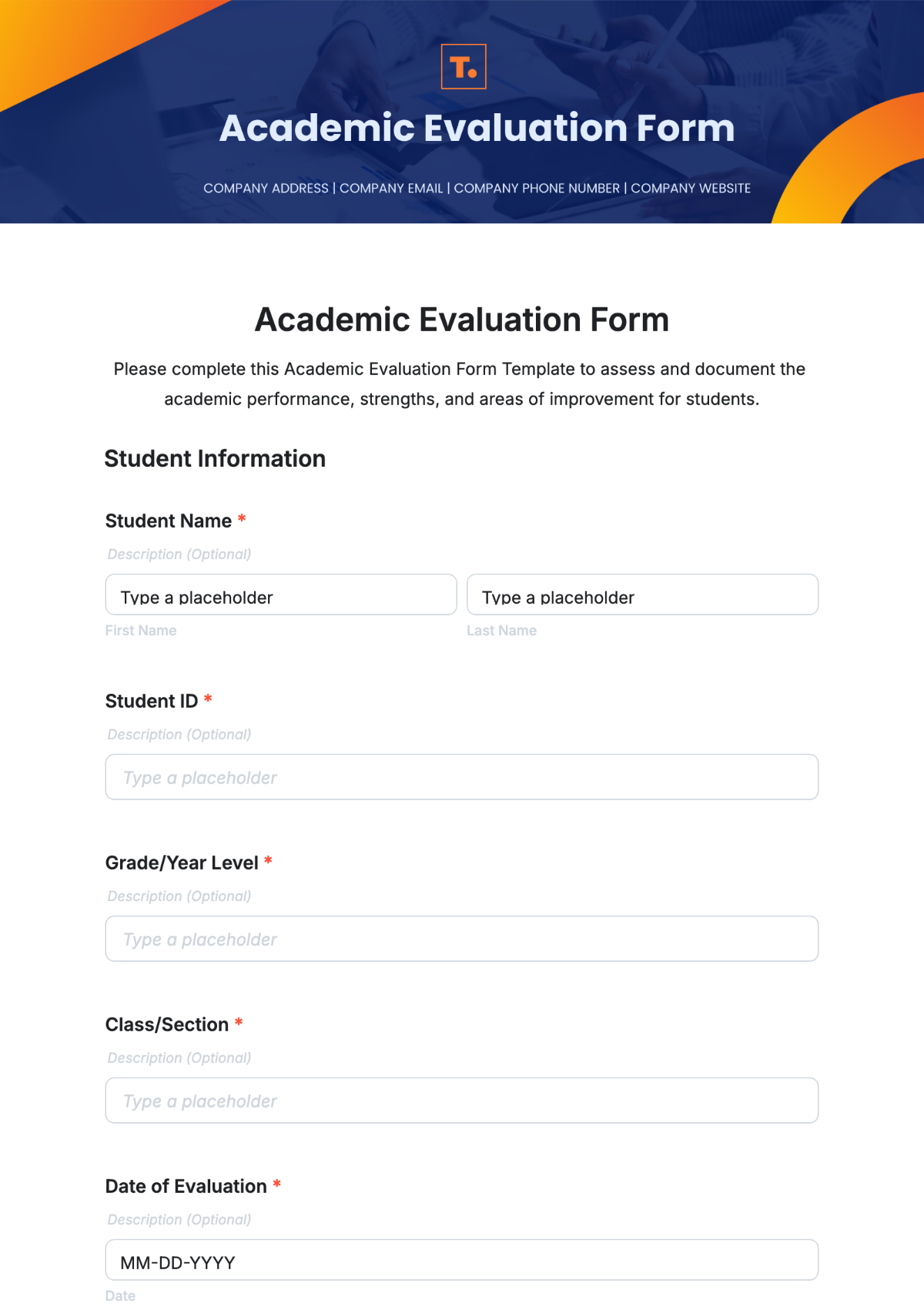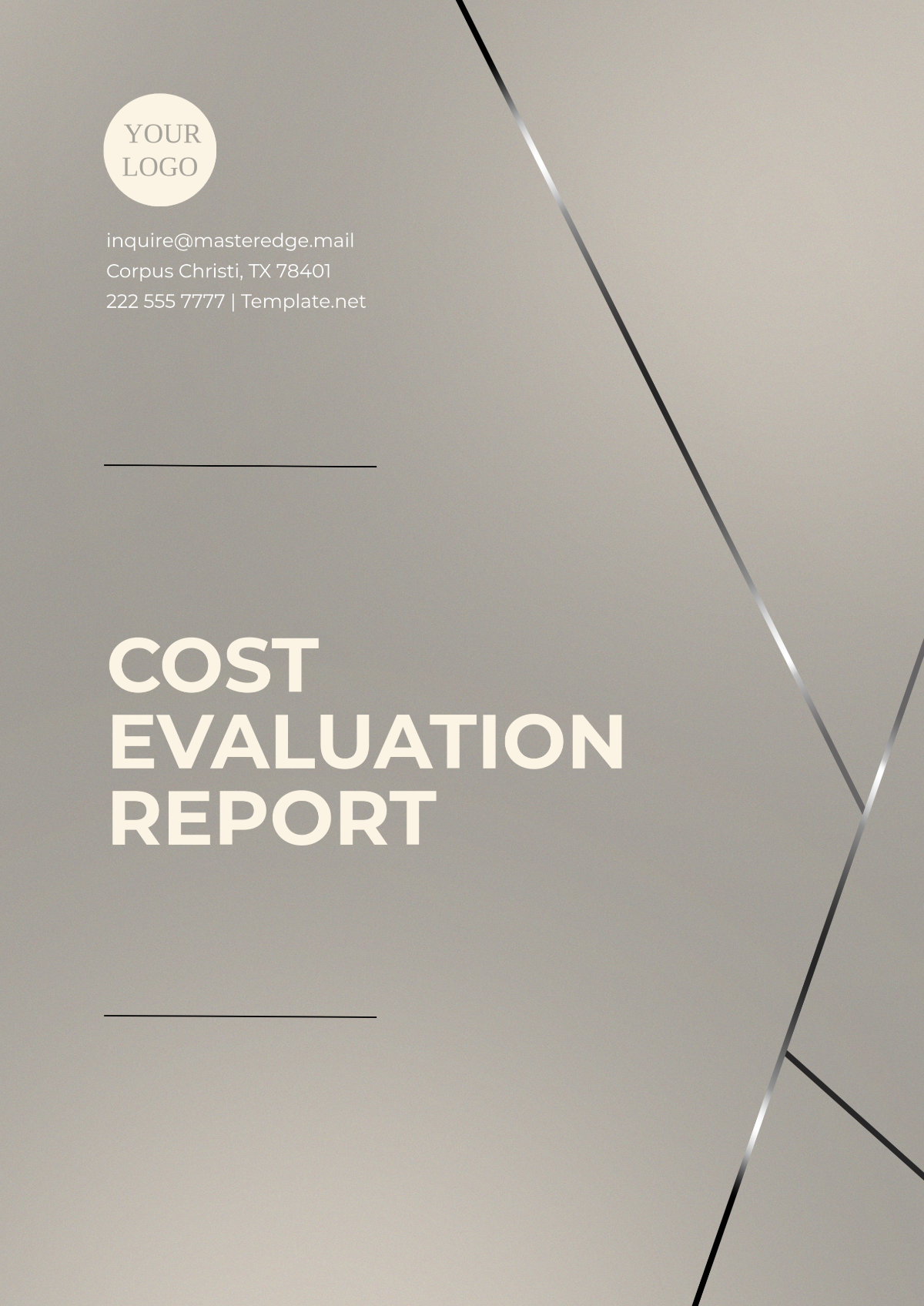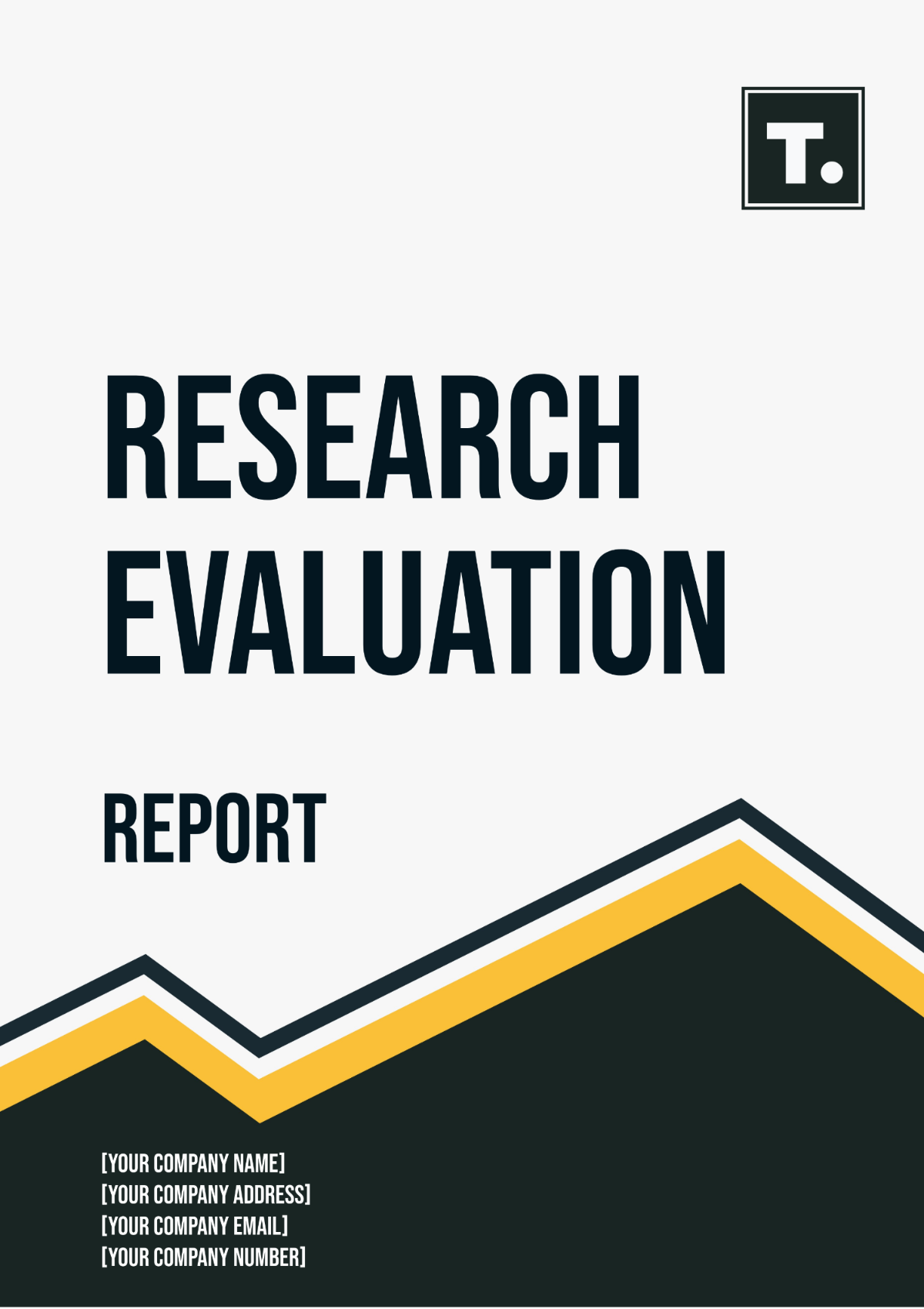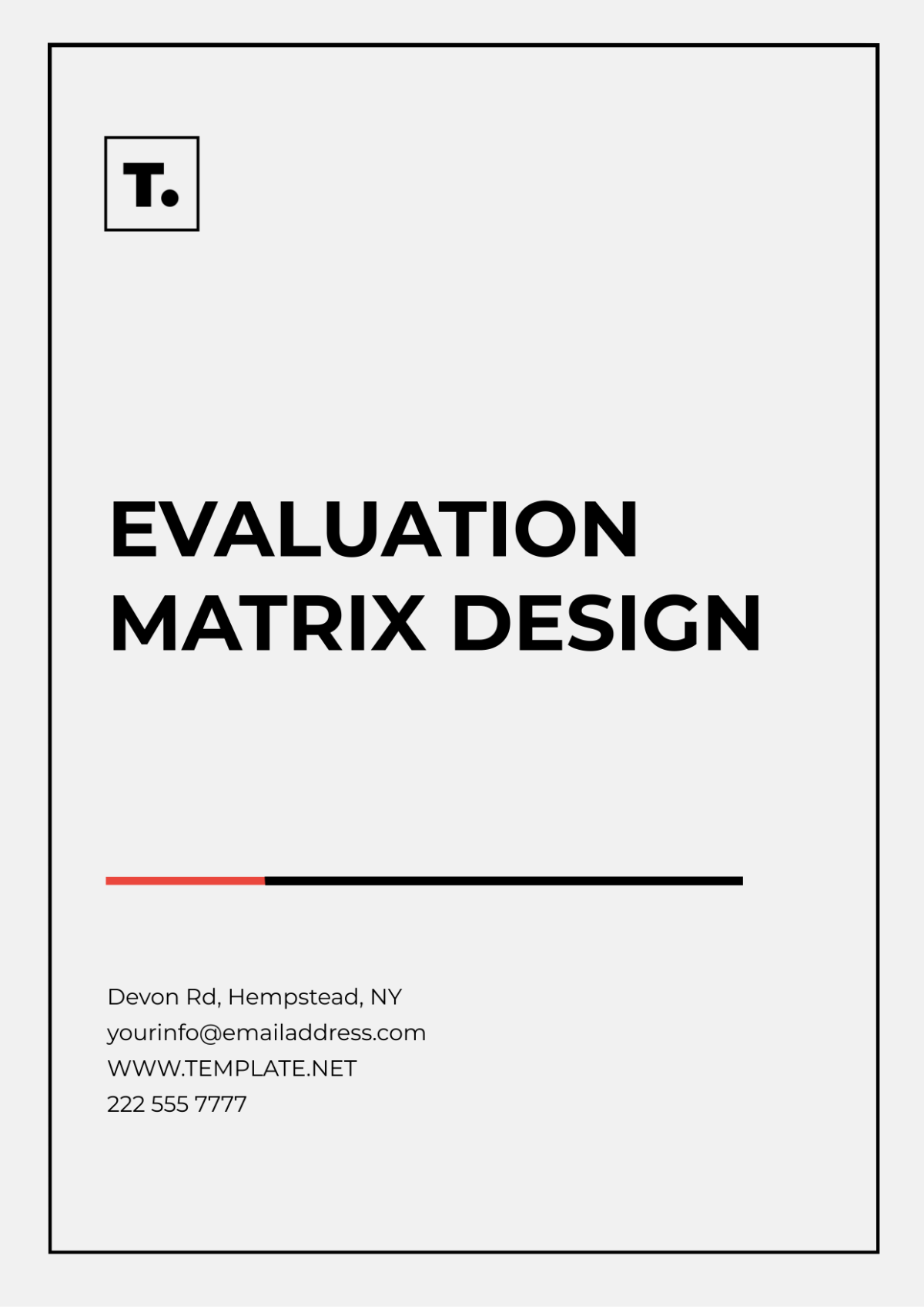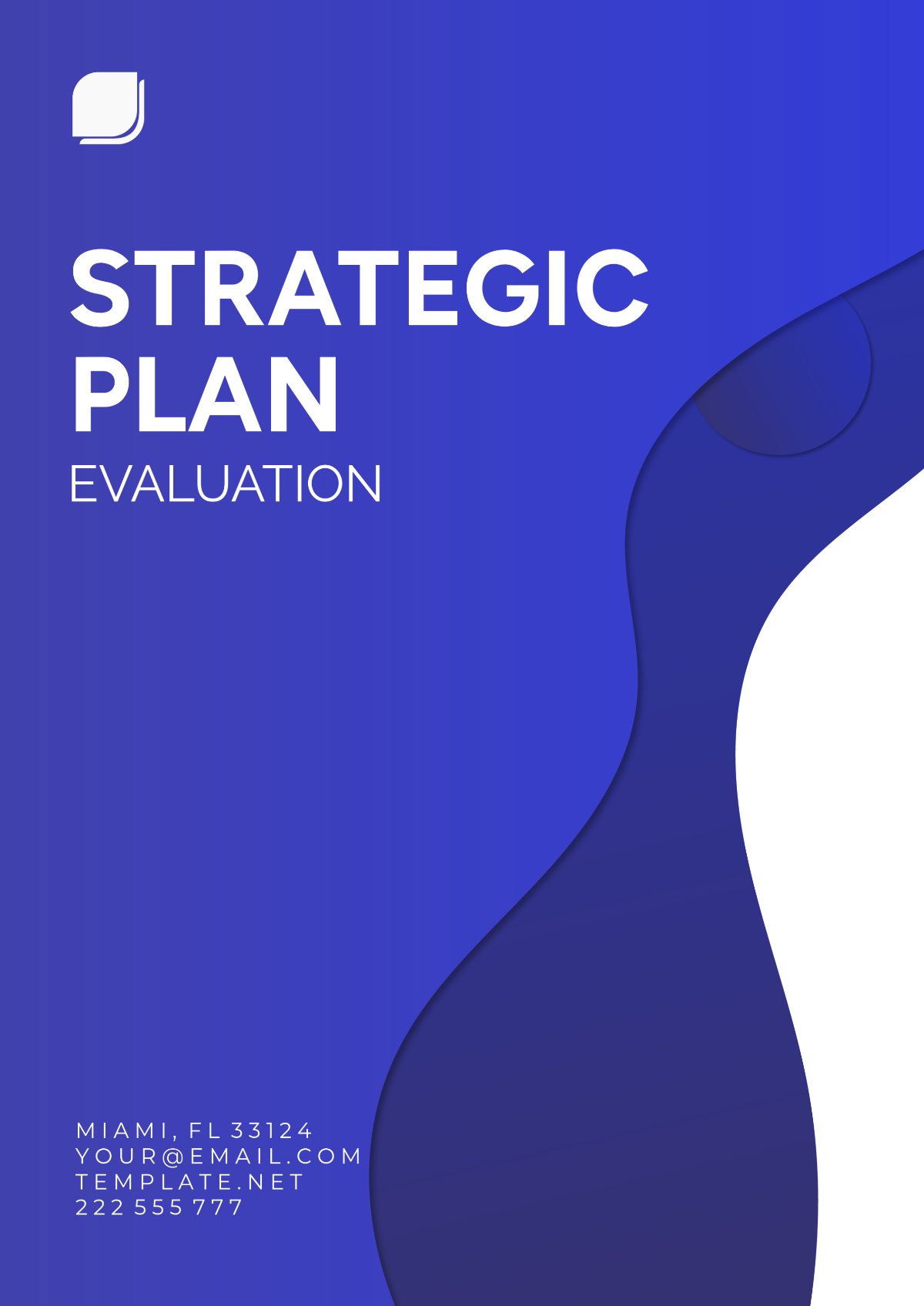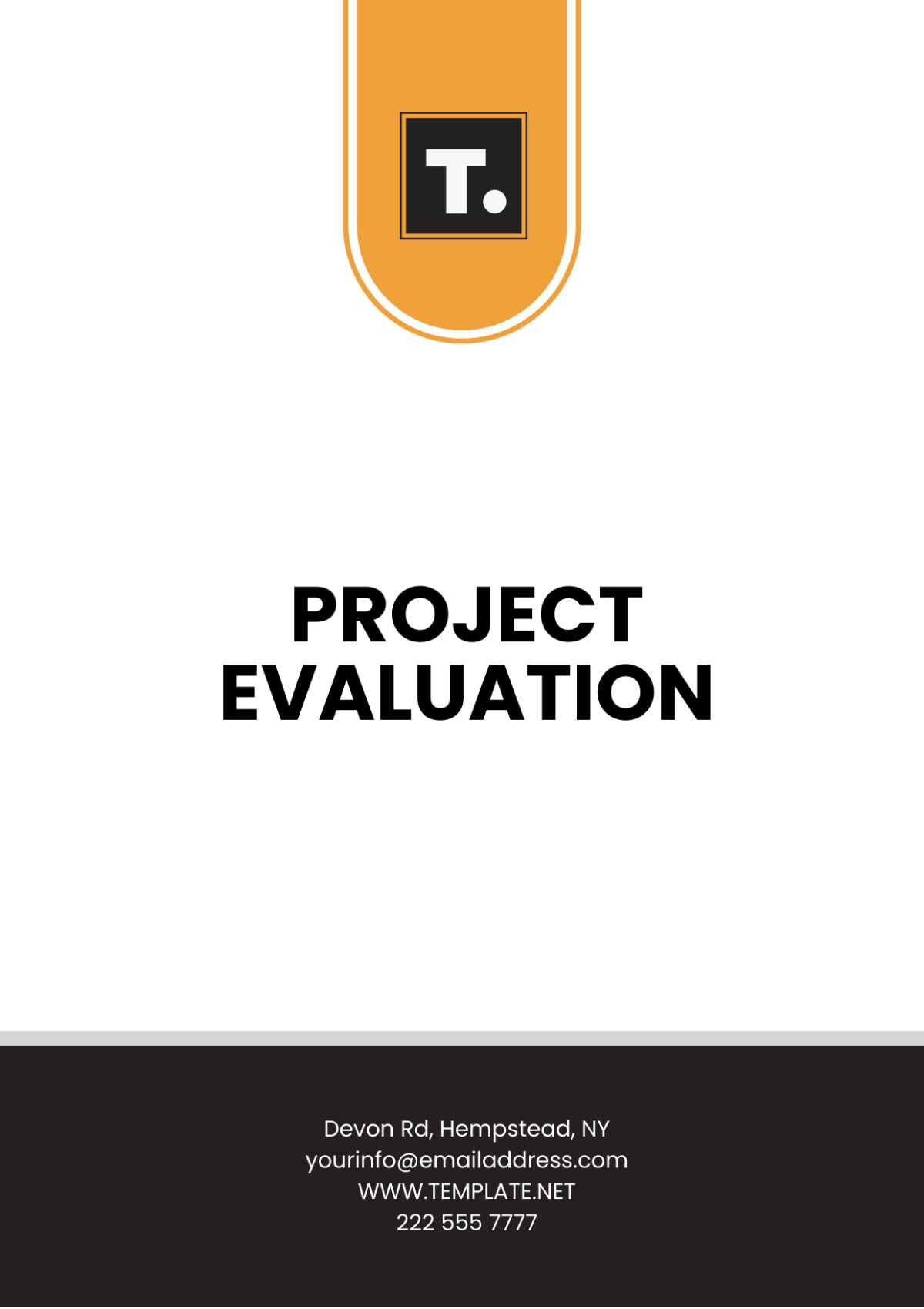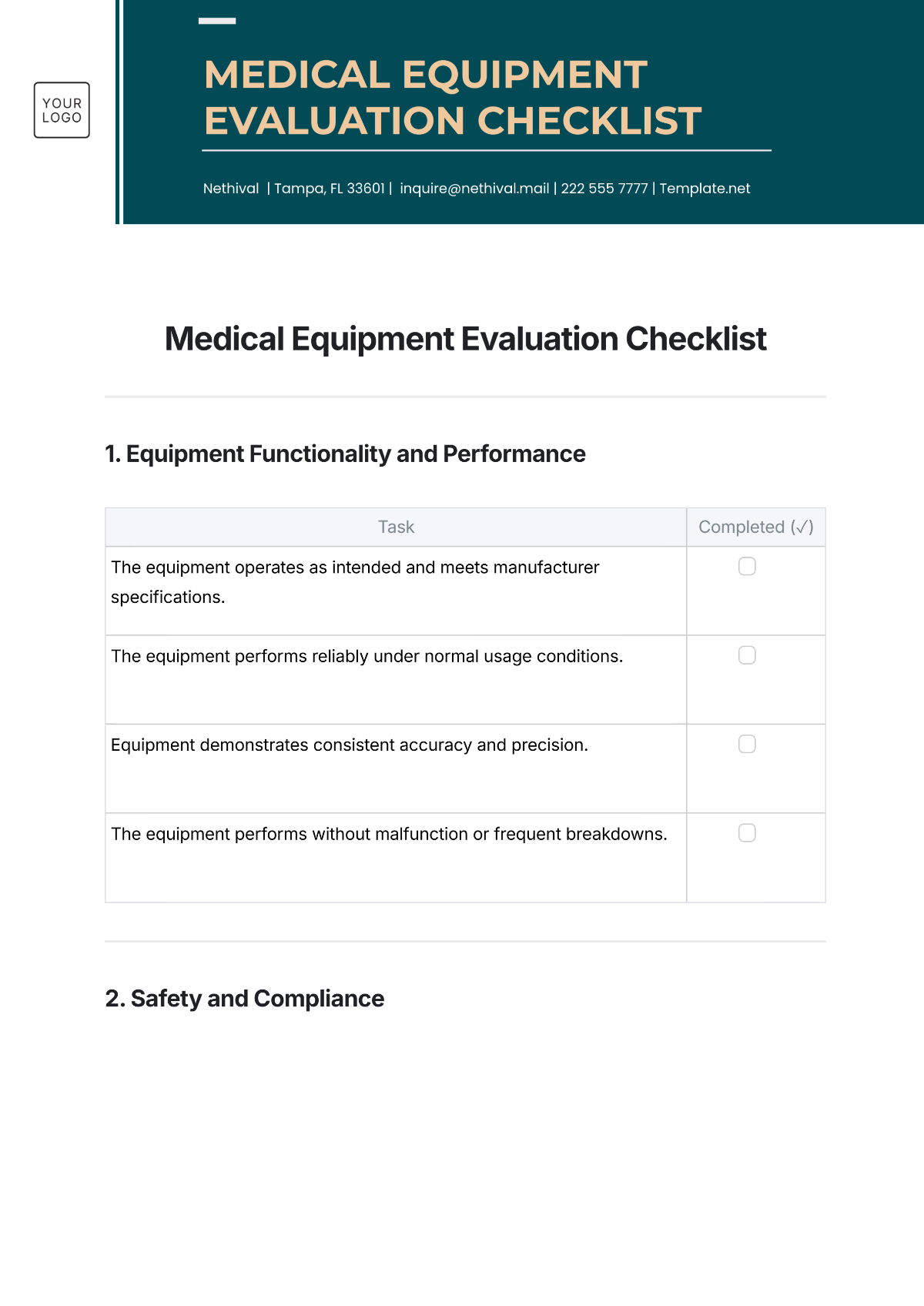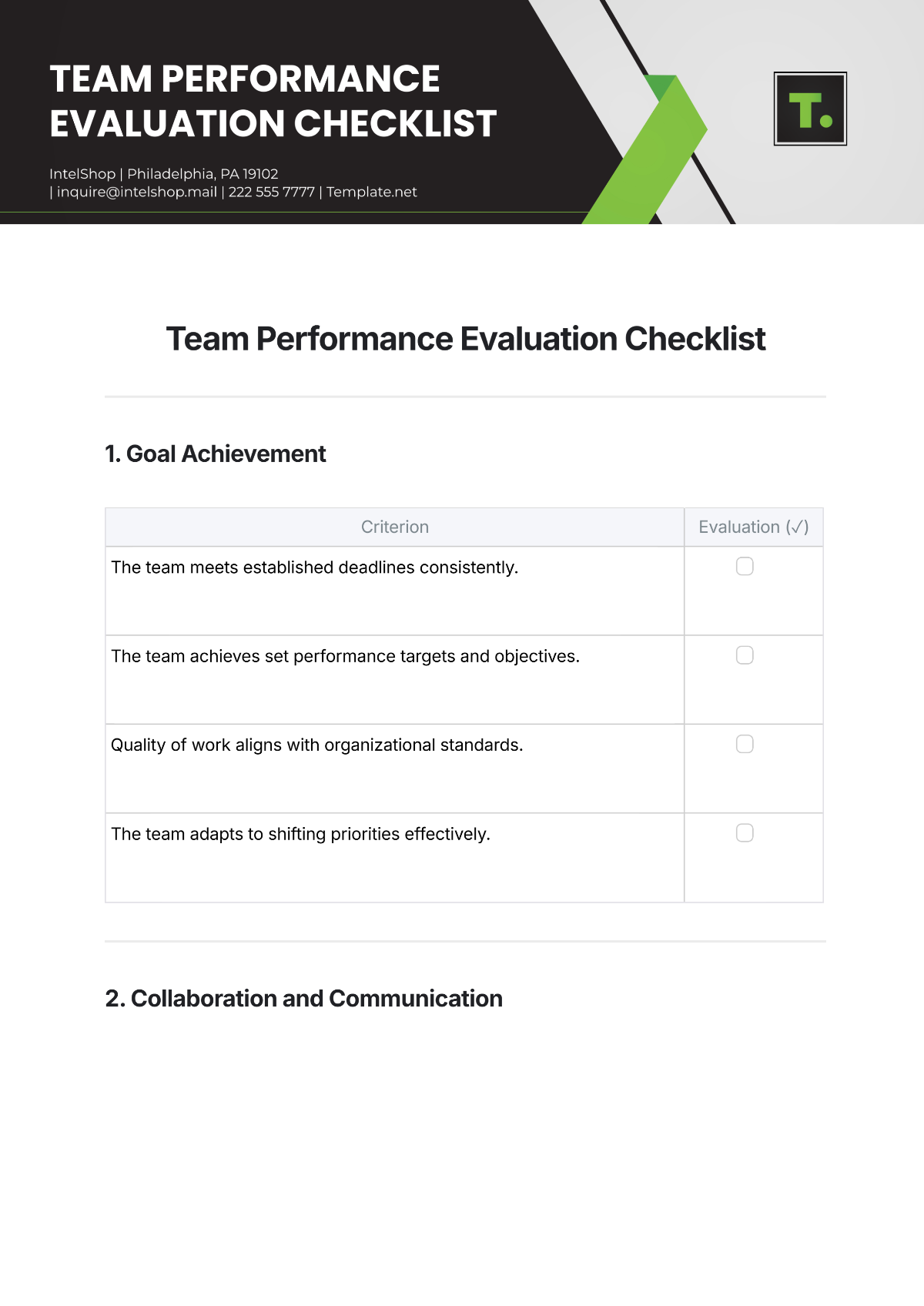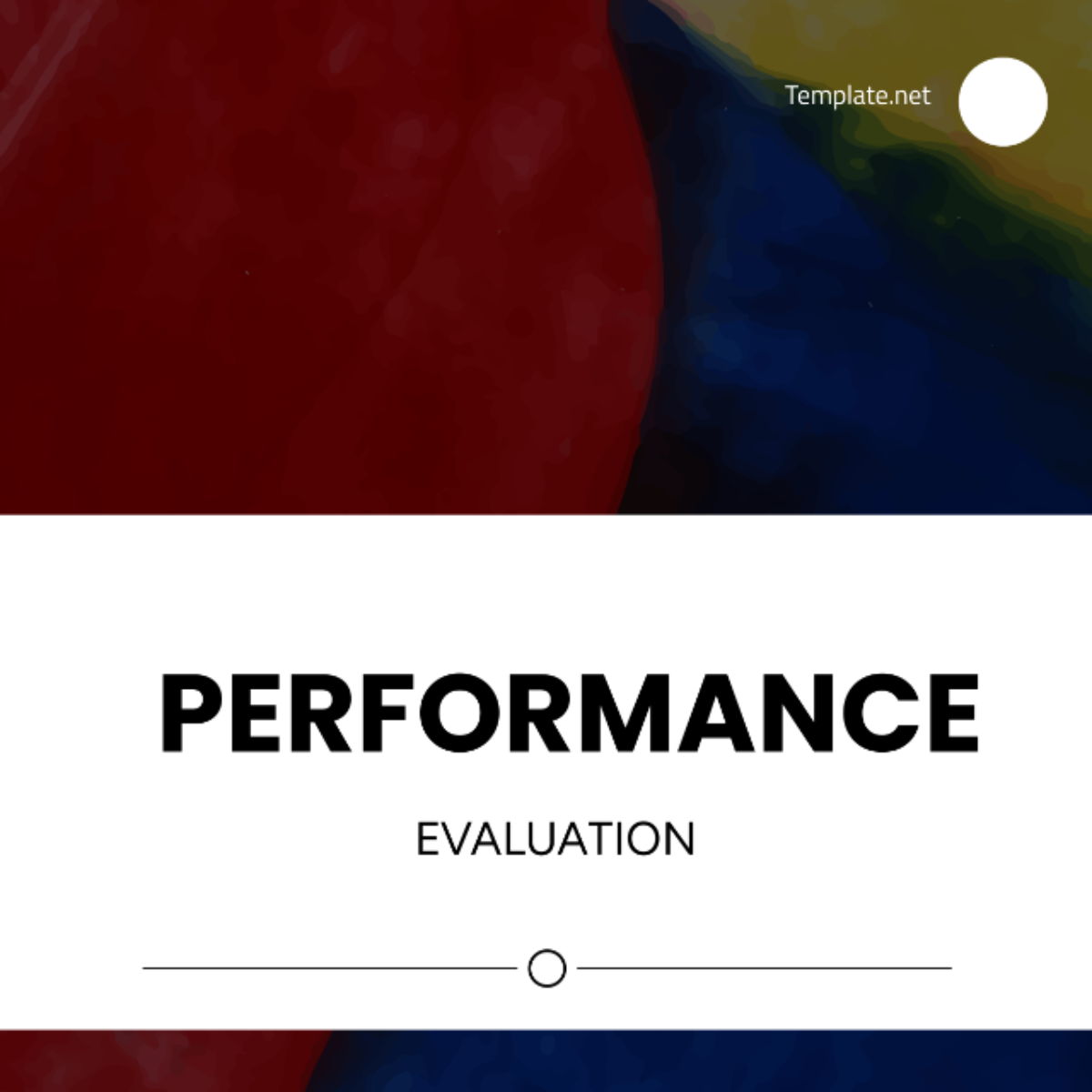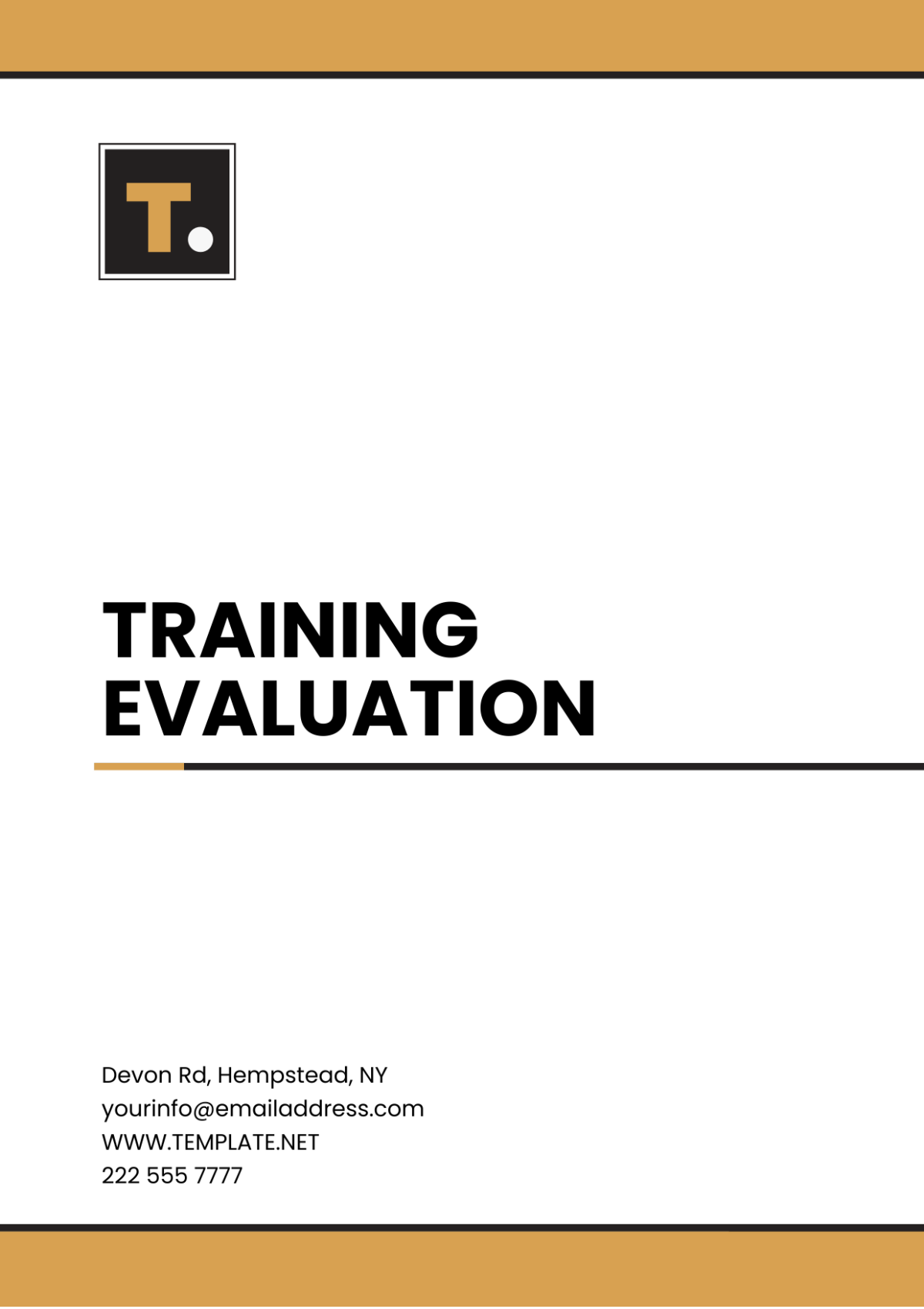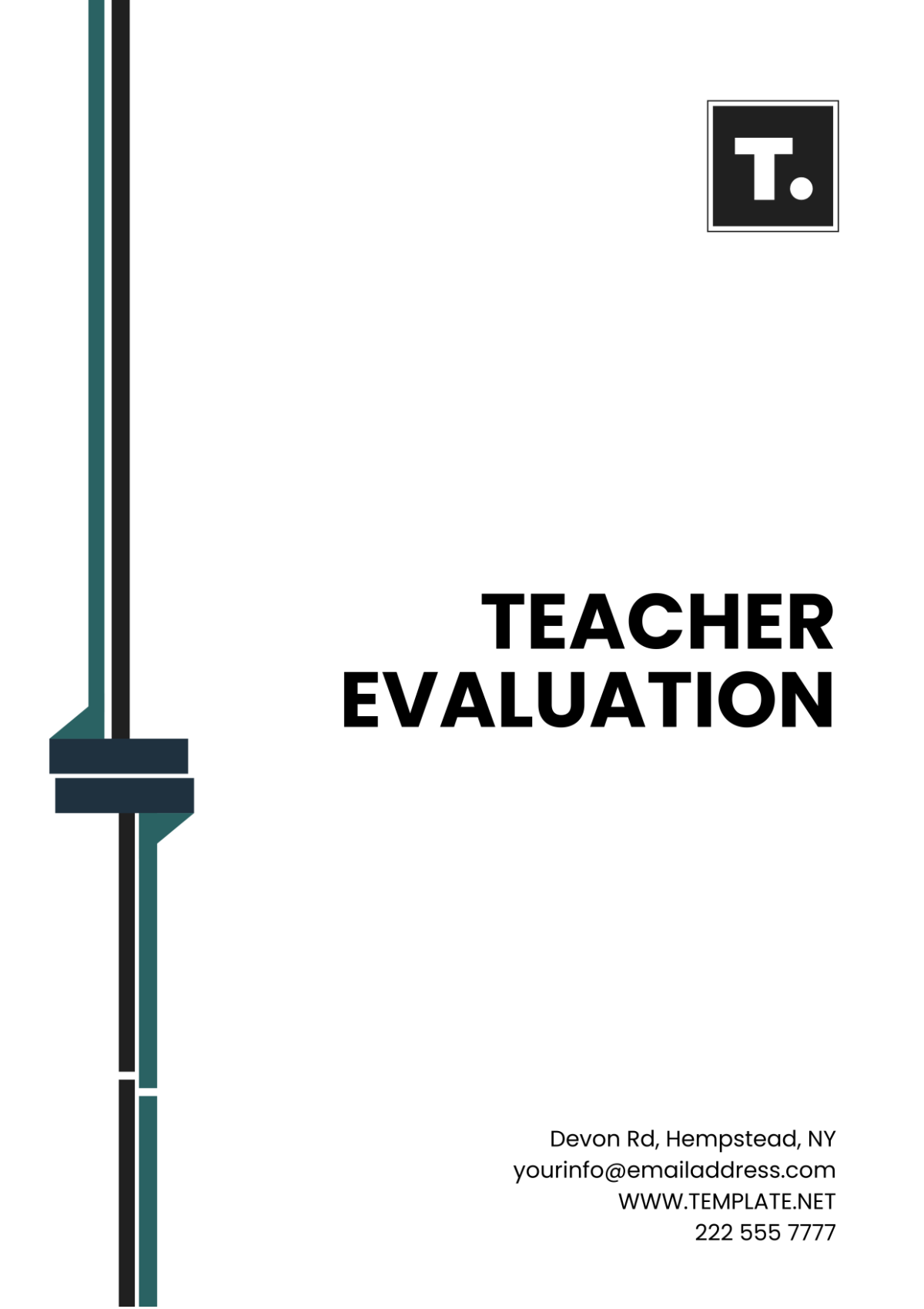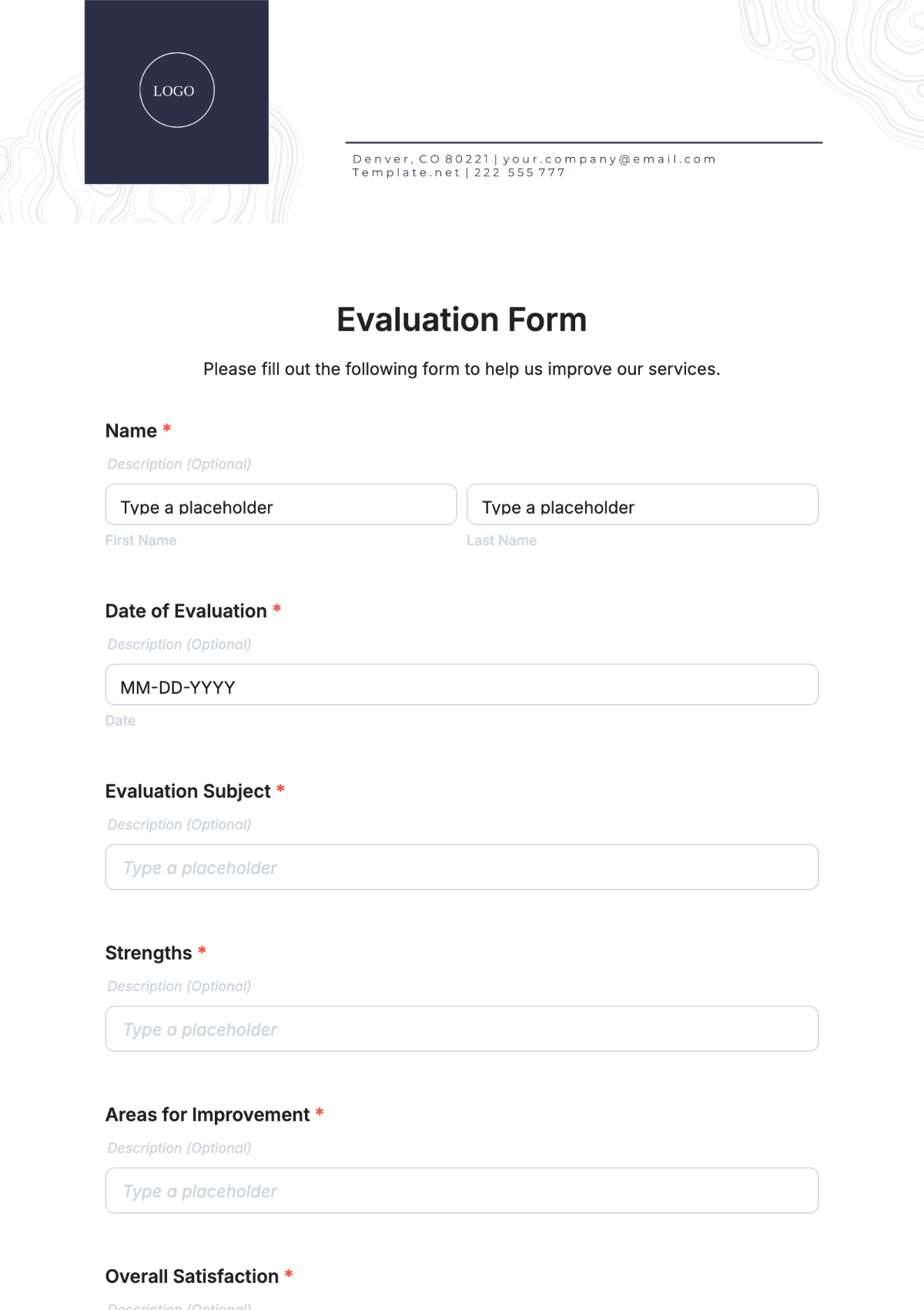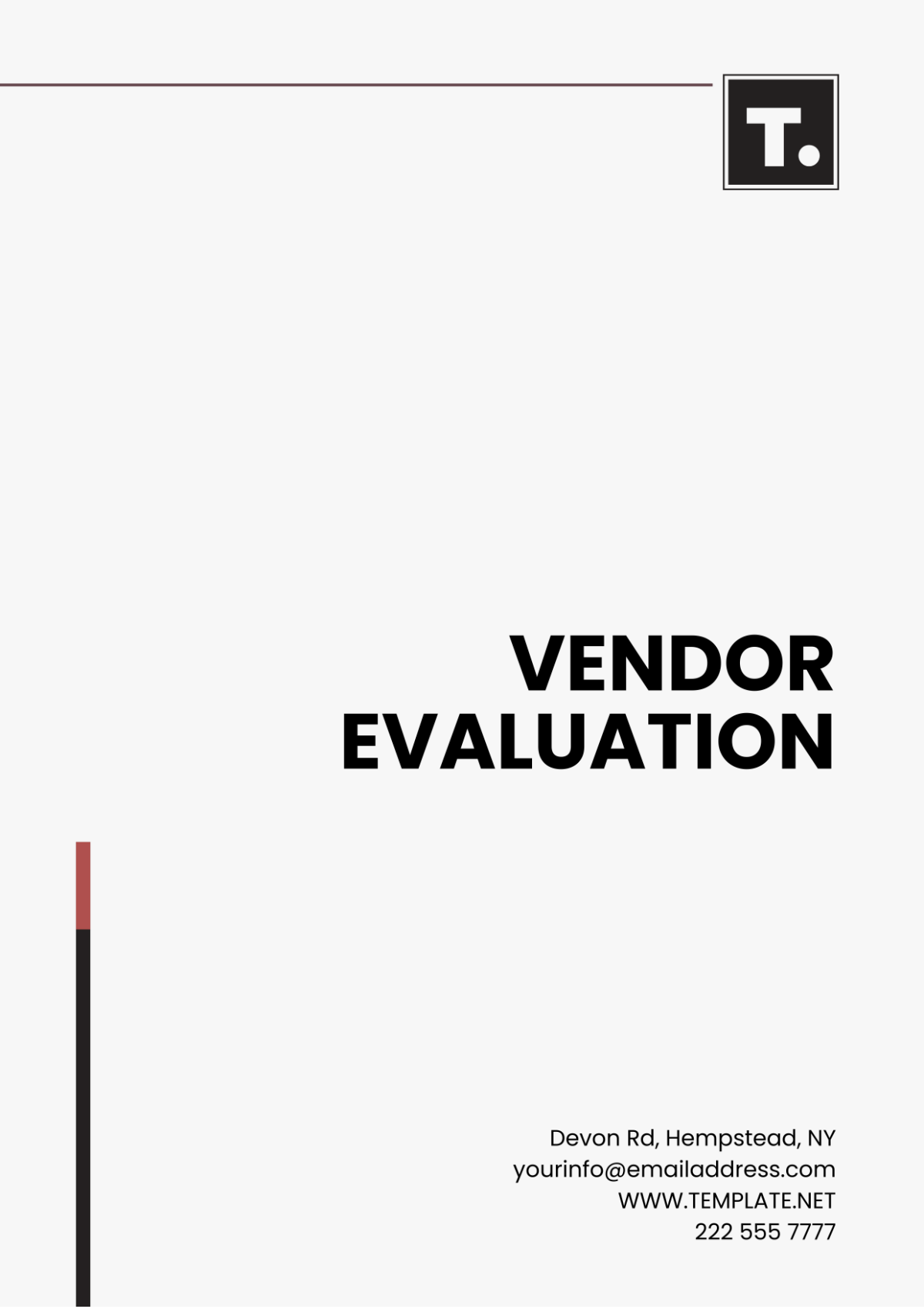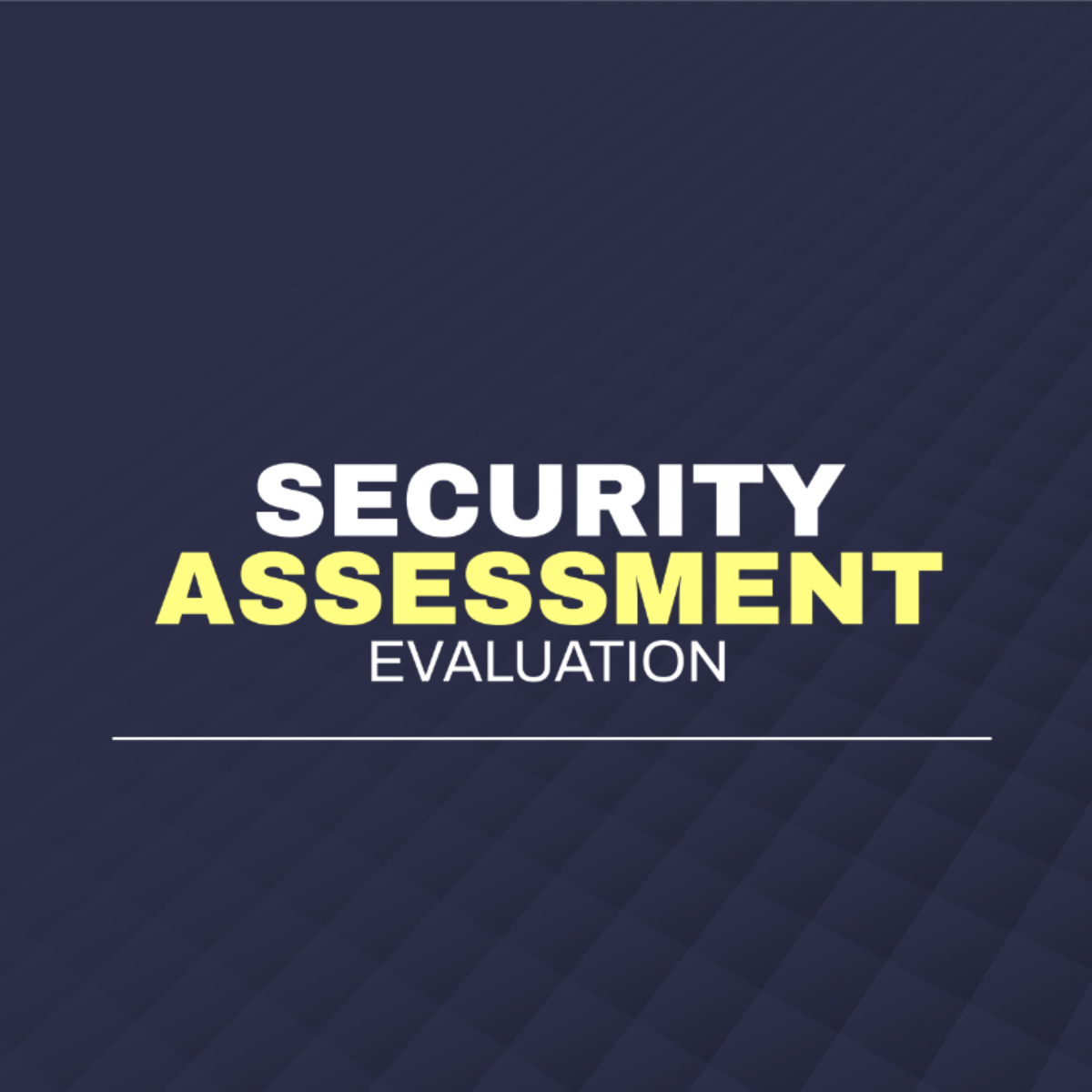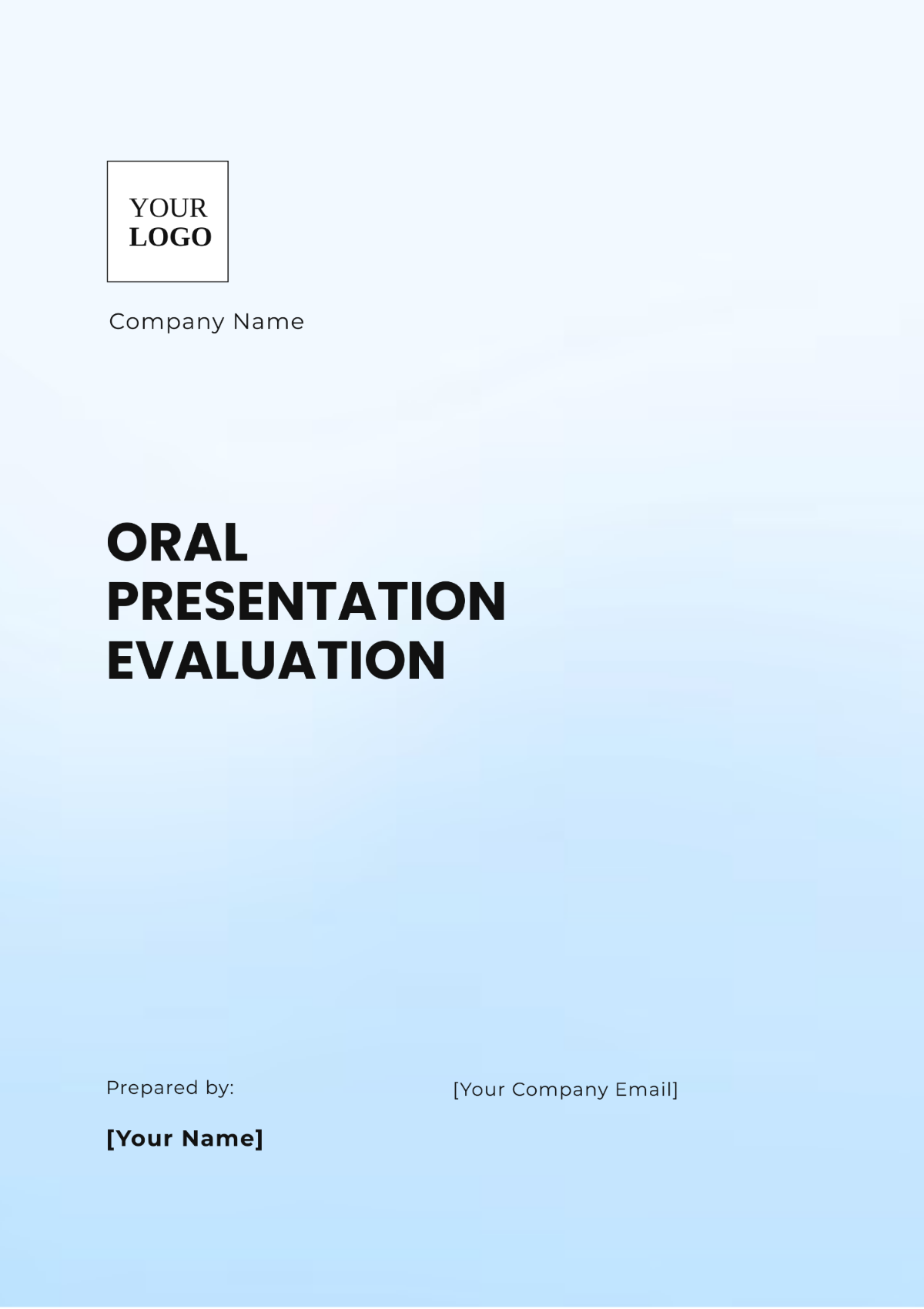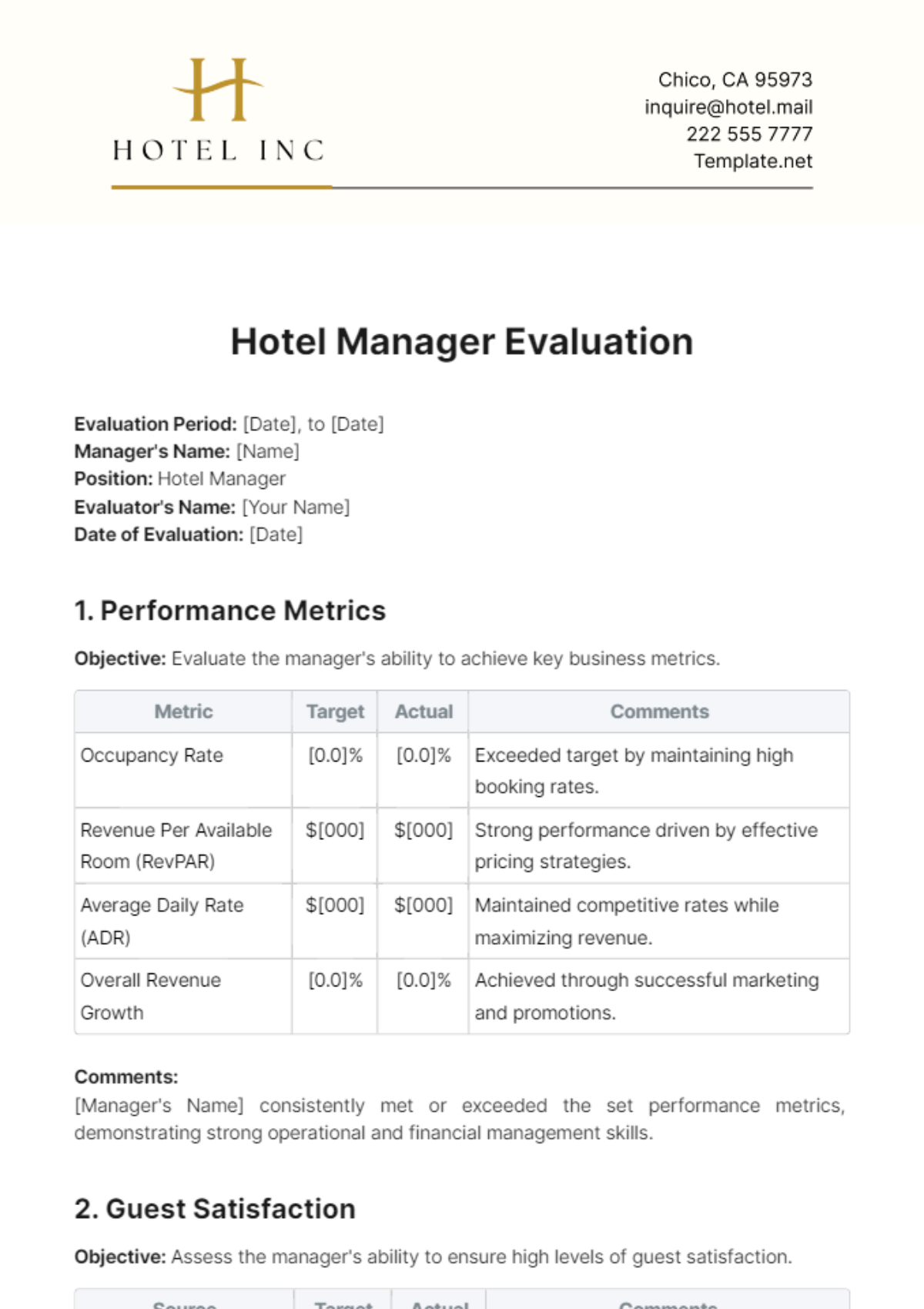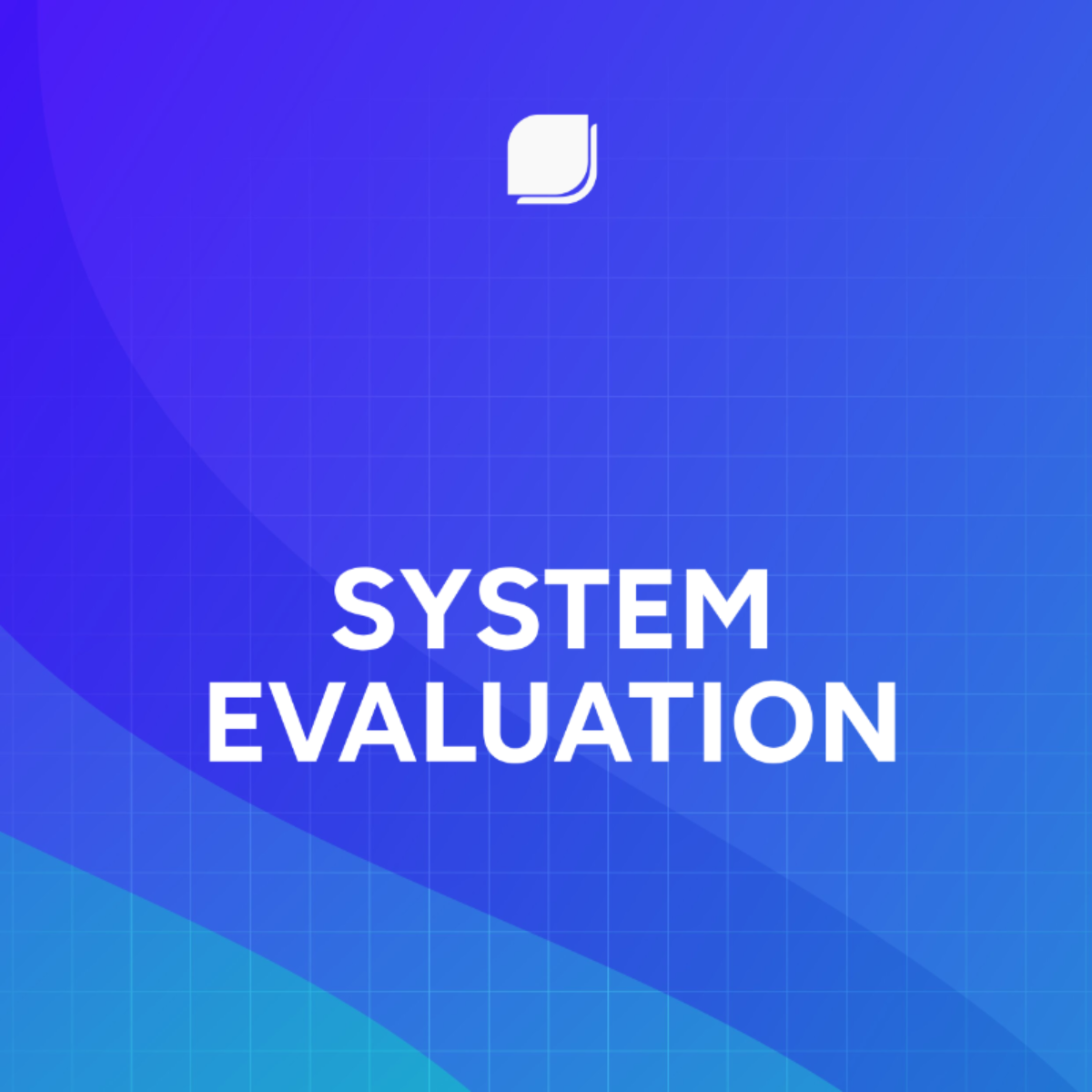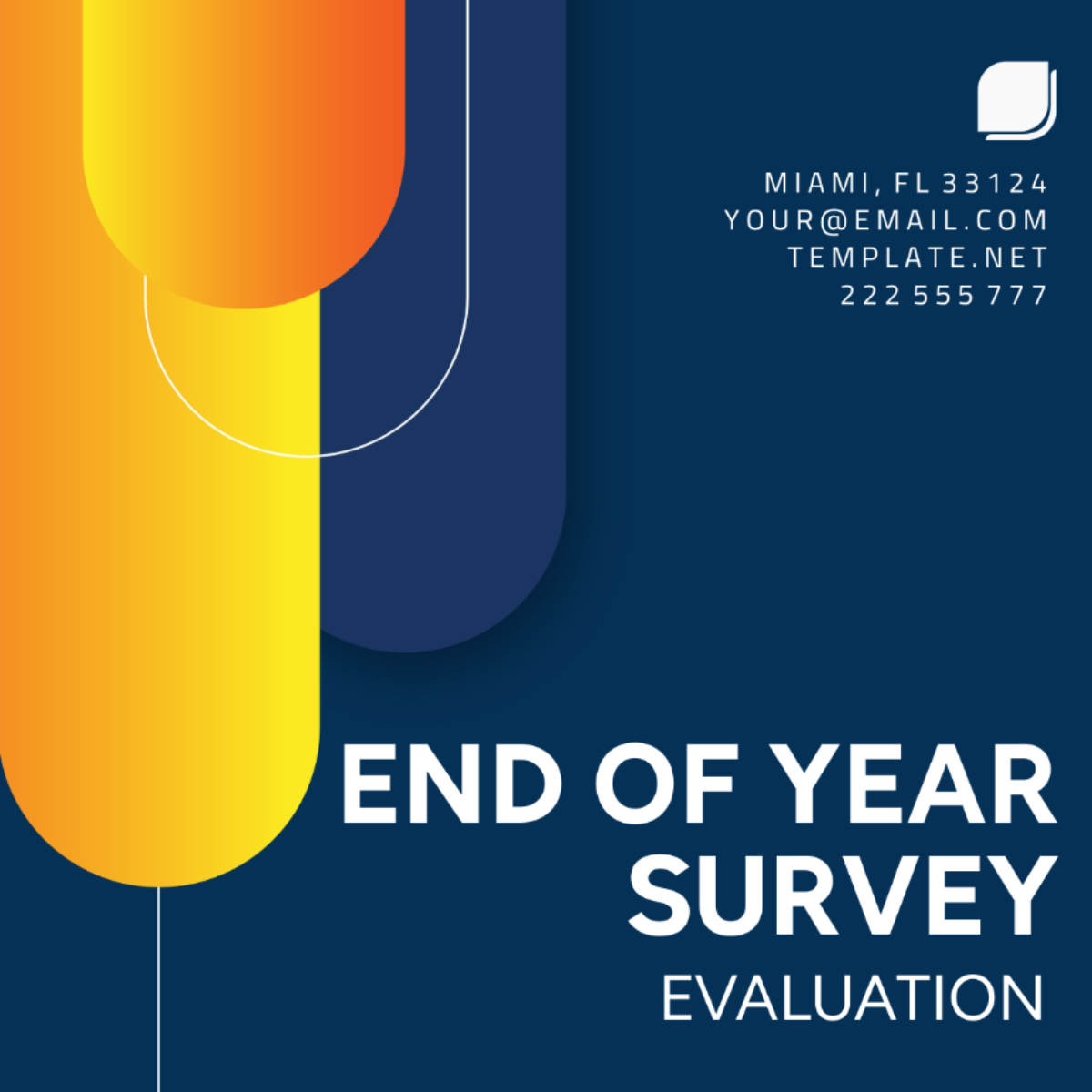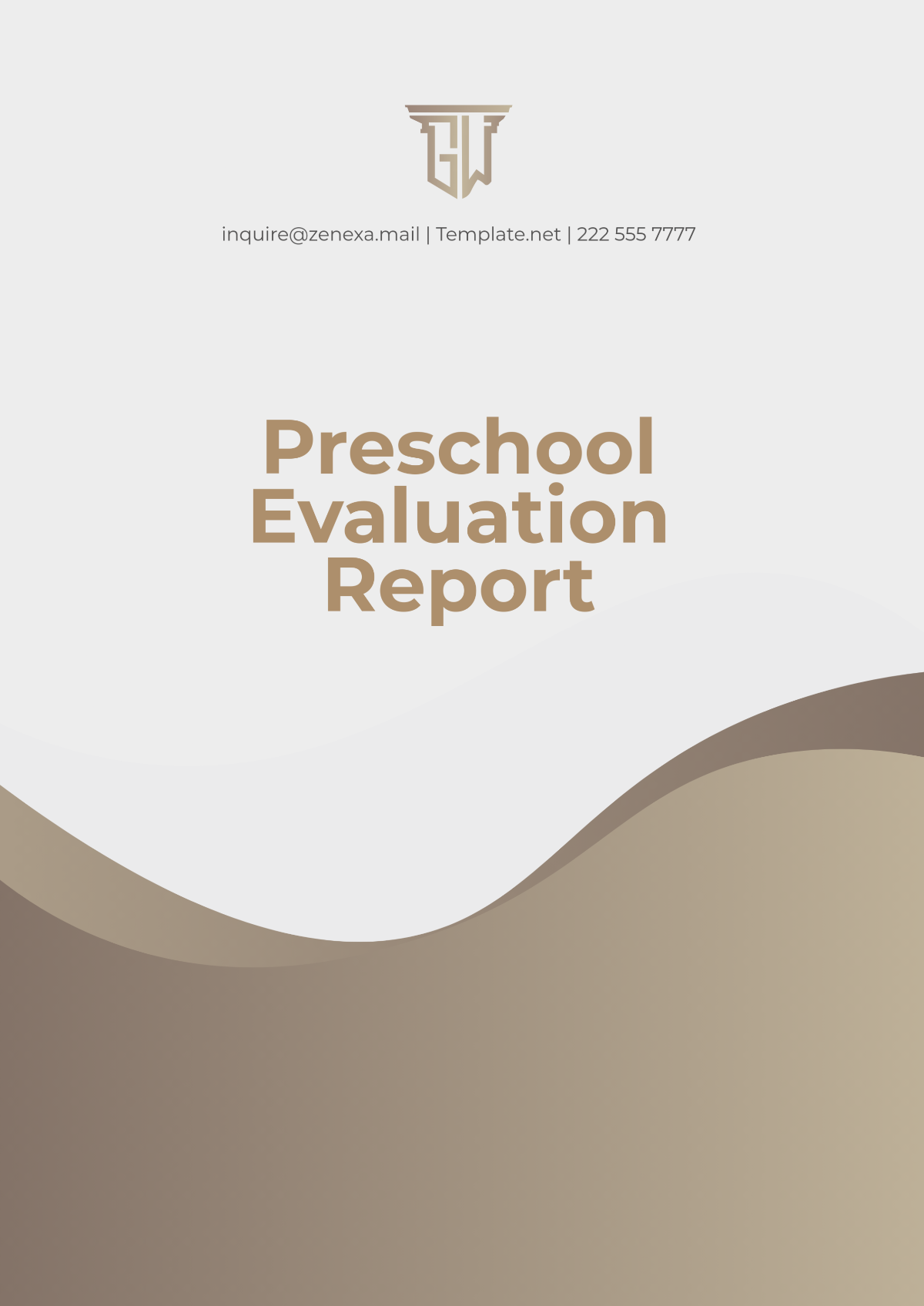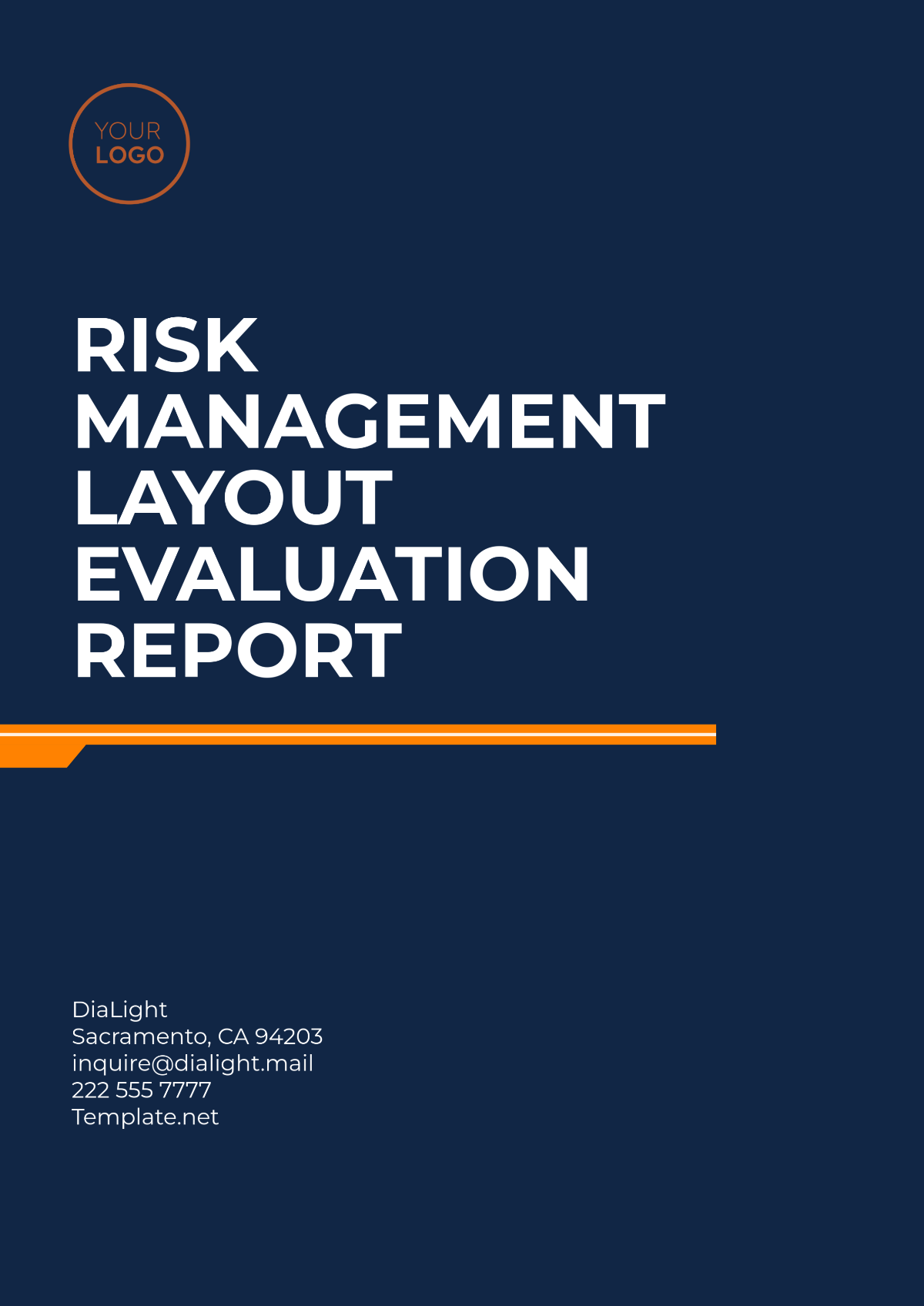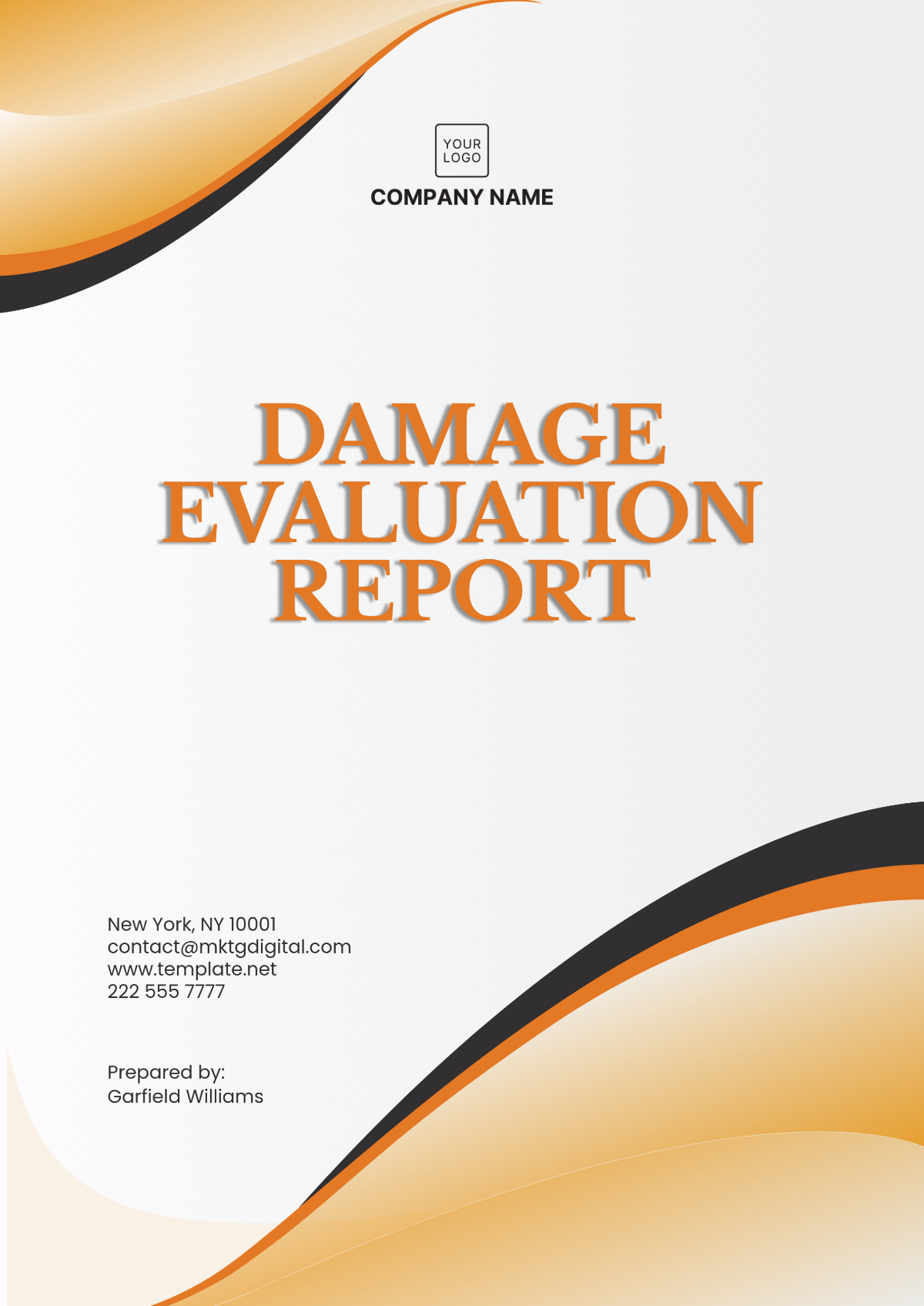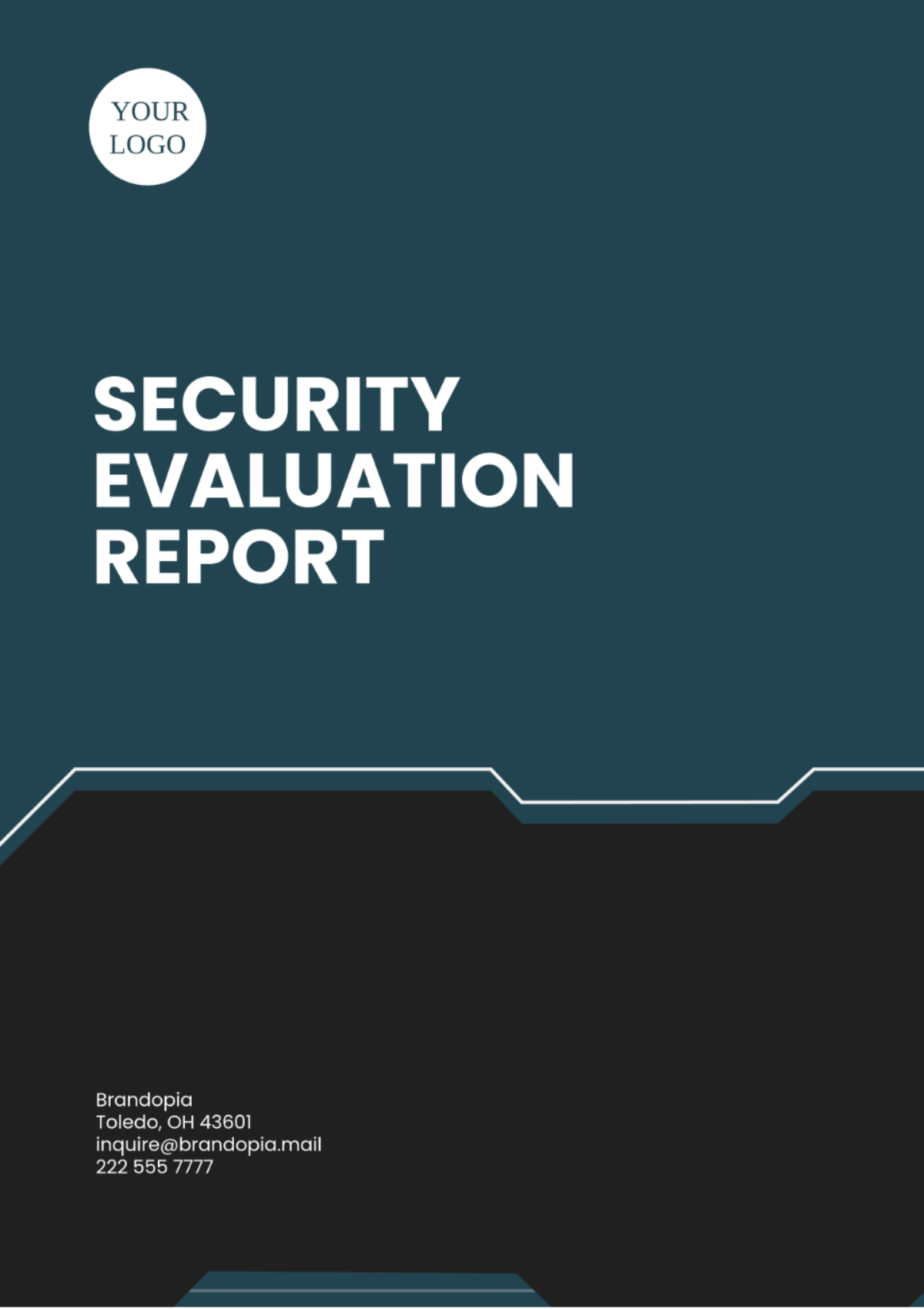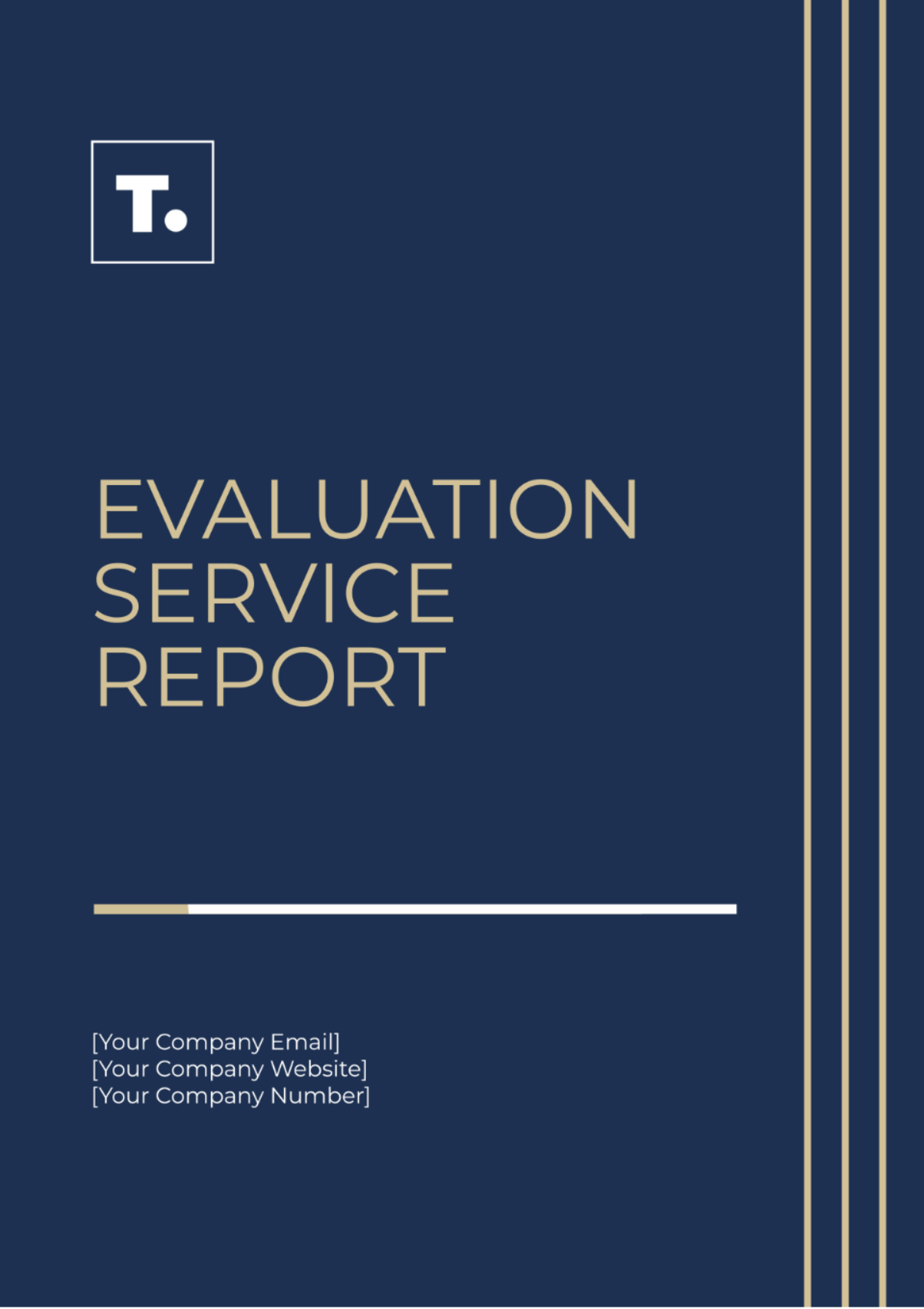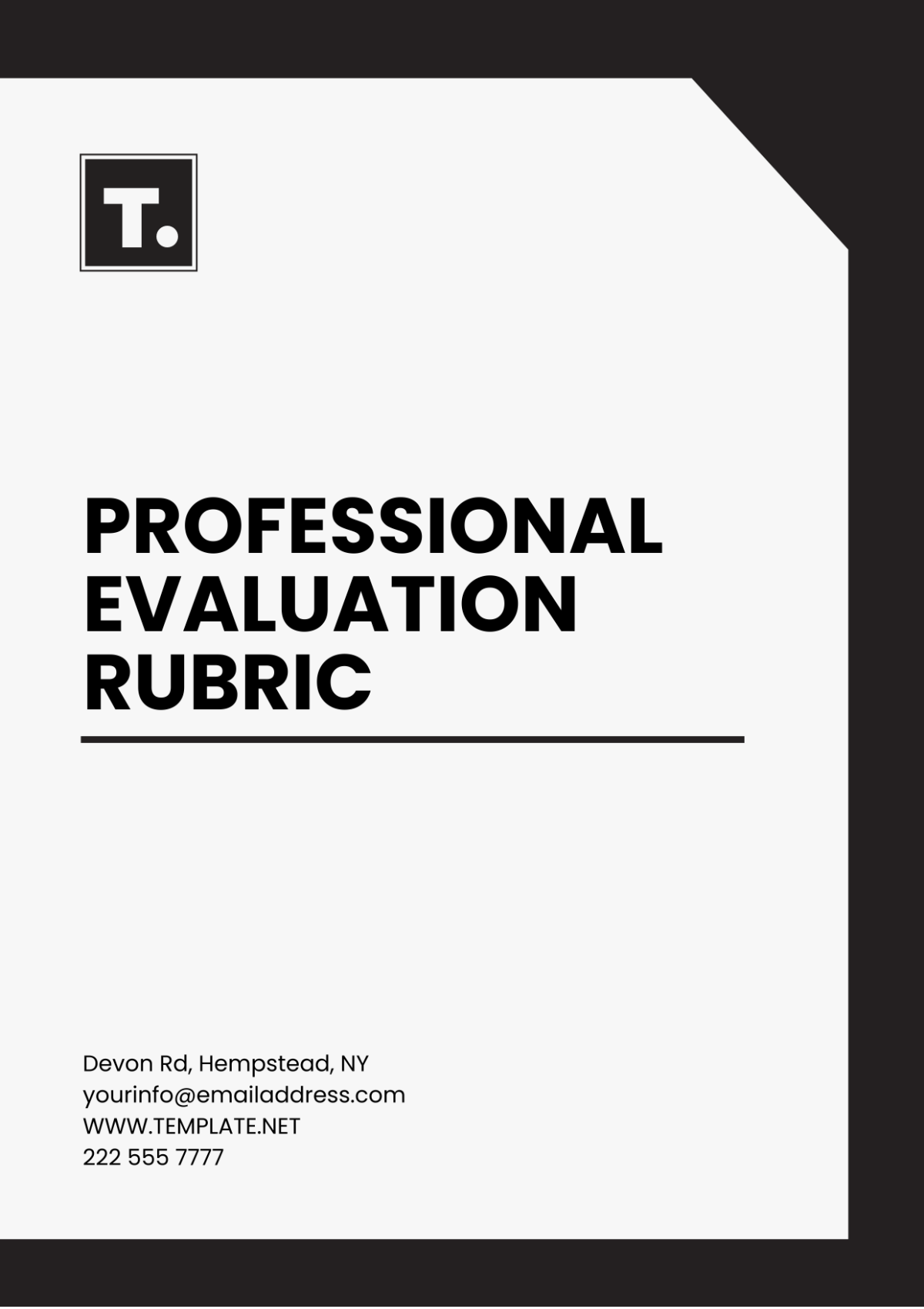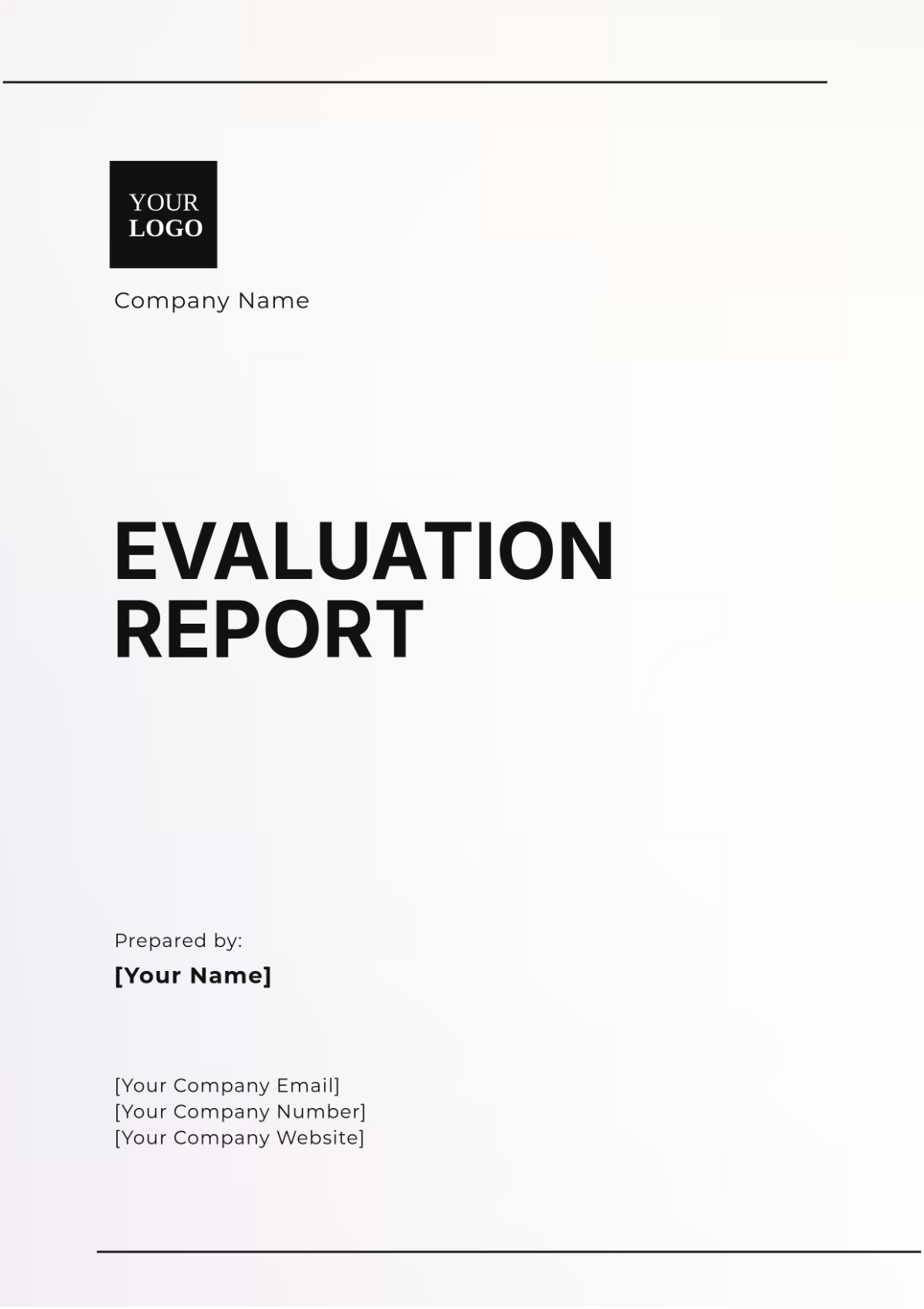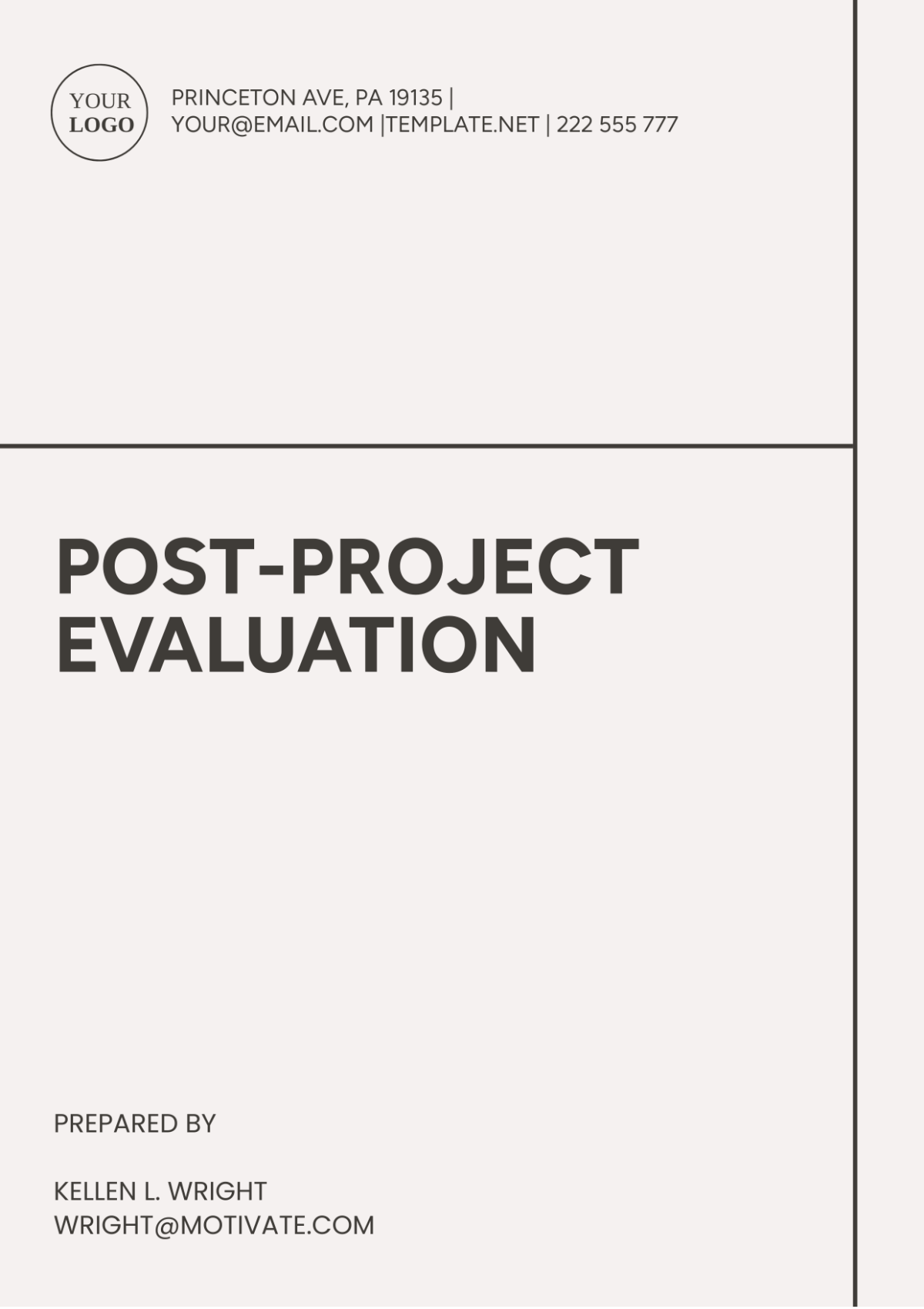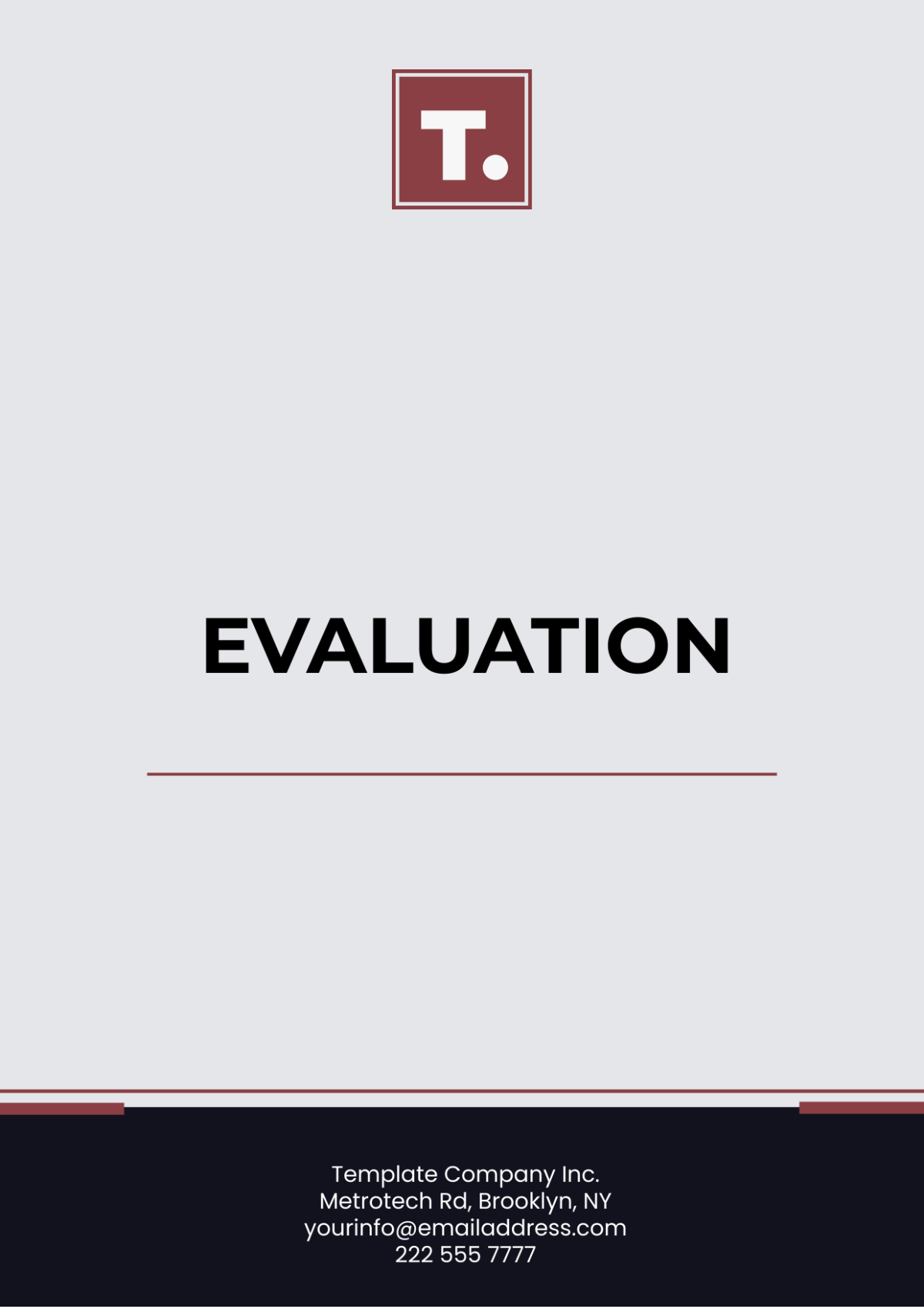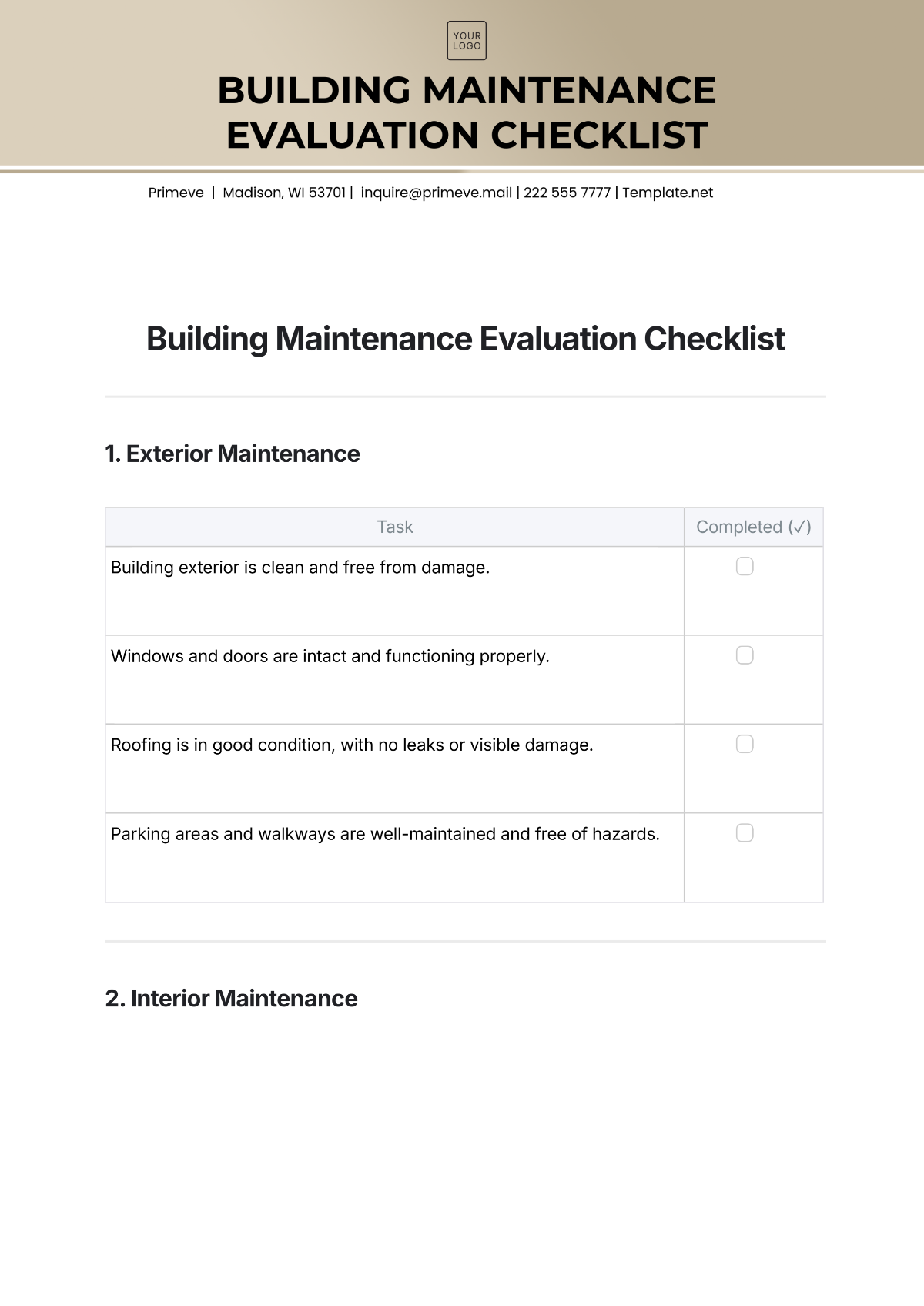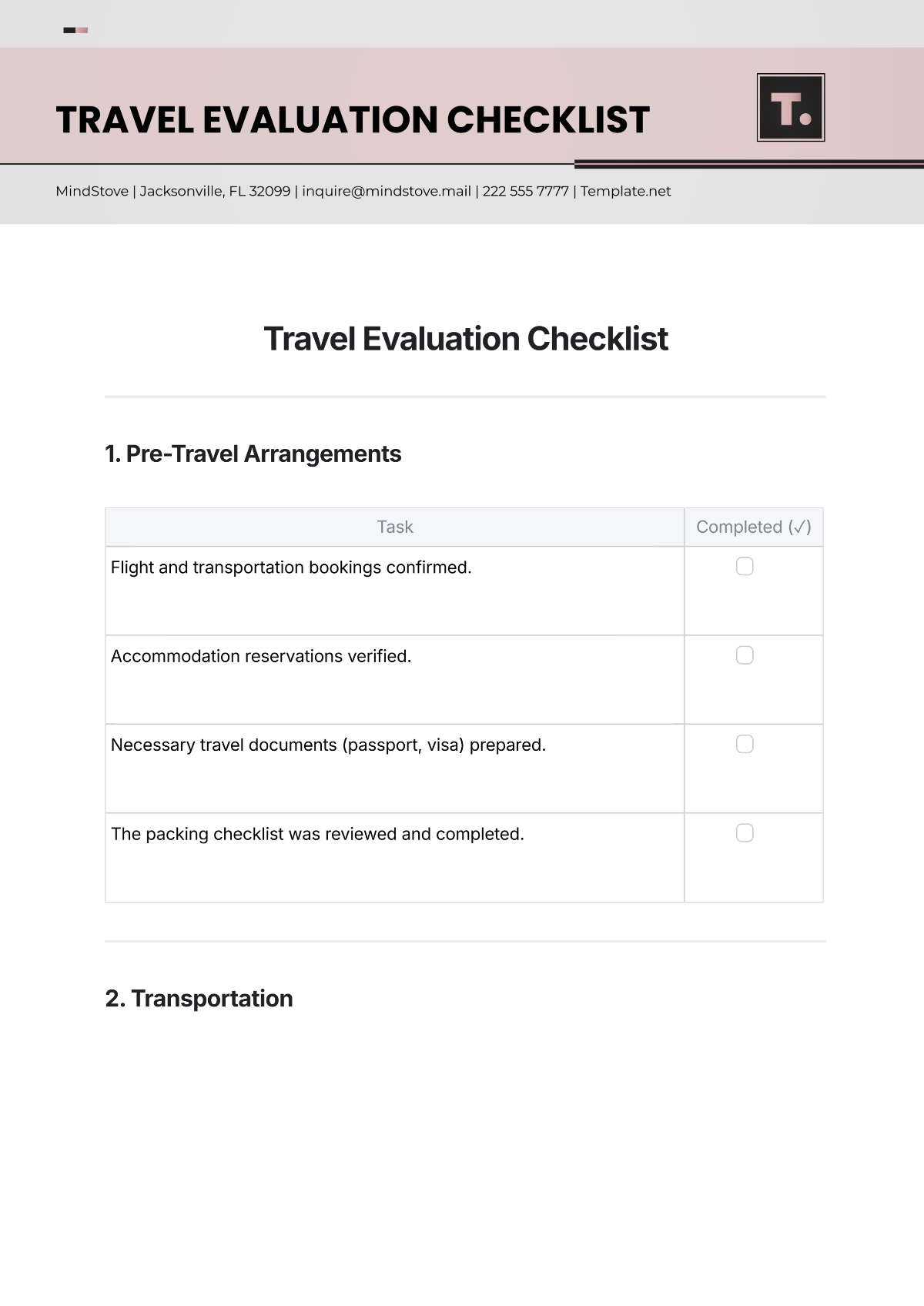CONTENT EVALUATION ANALYSIS
Prepared By: [Your Name]
Date: [Date]
I. Overview
Content Evaluation is a critical process in determining the value, relevance, and quality of content. It ensures that the content aligns with specific goals, caters to target audiences, and meets quality standards. This analysis provides an extensive look into the factors, methods, and tools involved in evaluating content effectively.
II. Evaluation Factors
A. Relevance
Relevance evaluates whether the content addresses the needs and interests of the target audience. Key points to consider include:
Target Audience Alignment
Topical Coverage
Current Trends
B. Quality
Quality assessment involves linguistic and factual accuracy, as well as depth of information. Essential elements include:
Grammar and Syntax
Factual Accuracy
Comprehensive Coverage
C. Engagement
Engagement measures how effectively the content captures and retains the audience's attention. Metrics include:
Read Time
Comments and Shares
User Interactions
III. Evaluation Methods
A. Manual Review
This method involves human evaluators who assess content based on set criteria. Steps in this method include:
Define the evaluation criteria.
Train Evaluators
Conduct Reviews
Compile and Analyze Results
B. Automated Analysis
Utilizes software tools to automatically assess content quality and performance. Common tools and techniques include:
Natural Language Processing (NLP)
SEO Analysis Tools
Sentiment Analysis
IV. Tools for Content Evaluation
Tool | Description | Key Features |
|---|---|---|
Grammarly | An AI-powered writing assistant that helps with grammar, punctuation, and style. | Grammar Check, Style Suggestions, and Plagiarism Detection |
Google Analytics | A web analytics service that tracks and reports website traffic. | User Behavior Tracking, Engagement Metrics, and Conversion Tracking |
SEMrush | An online visibility management platform for improving SEO and content marketing. | Keyword Research, Content Audit, and competitive analysis |
V. Best Practices
A. Define Clear Metrics
Establish specific, measurable metrics for evaluating content based on organizational goals.
B. Regular Audits
Conduct regular content audits to ensure ongoing relevance and quality. Key actions include:
Content Inventory
Performance Review
Update and Refresh Content
C. Audience Feedback
Gather and analyze feedback from the target audience to continually improve content. Methods include:
Surveys and Polls
Comments and Reviews
Focus Groups
VI. Conclusion
Effective content evaluation requires a structured approach, combining both manual and automated methods. By focusing on key factors such as relevance, quality, and engagement and utilizing various tools and techniques, organizations can ensure their content meets high standards and achieves its intended objectives.
